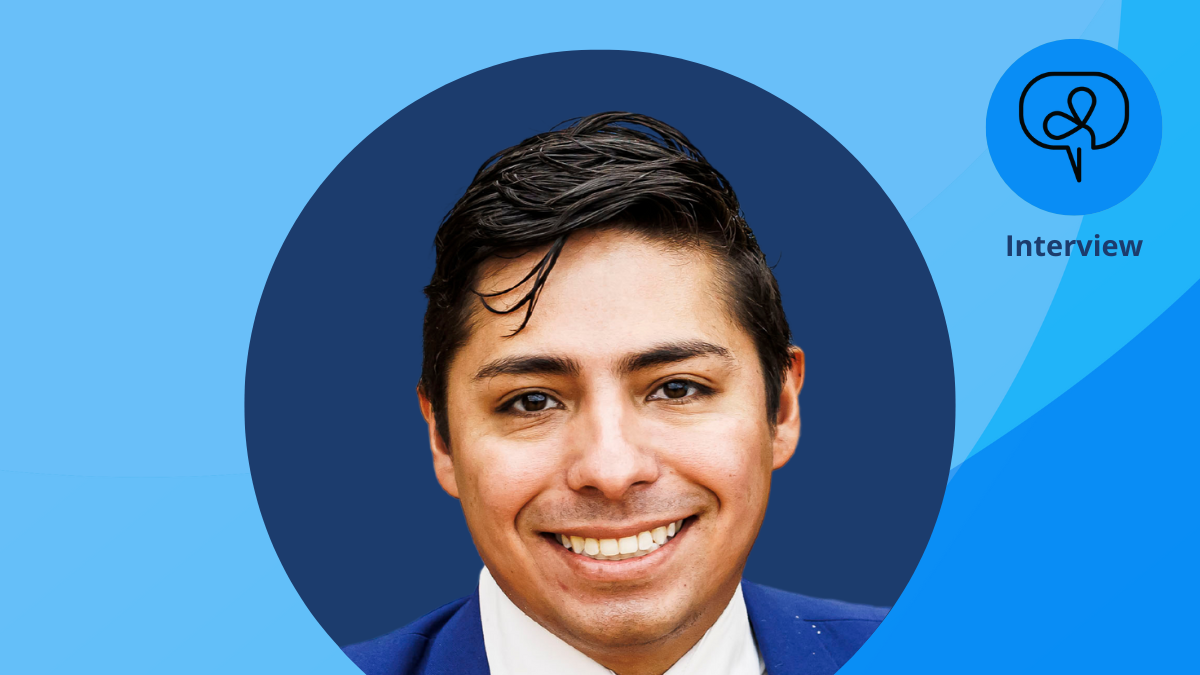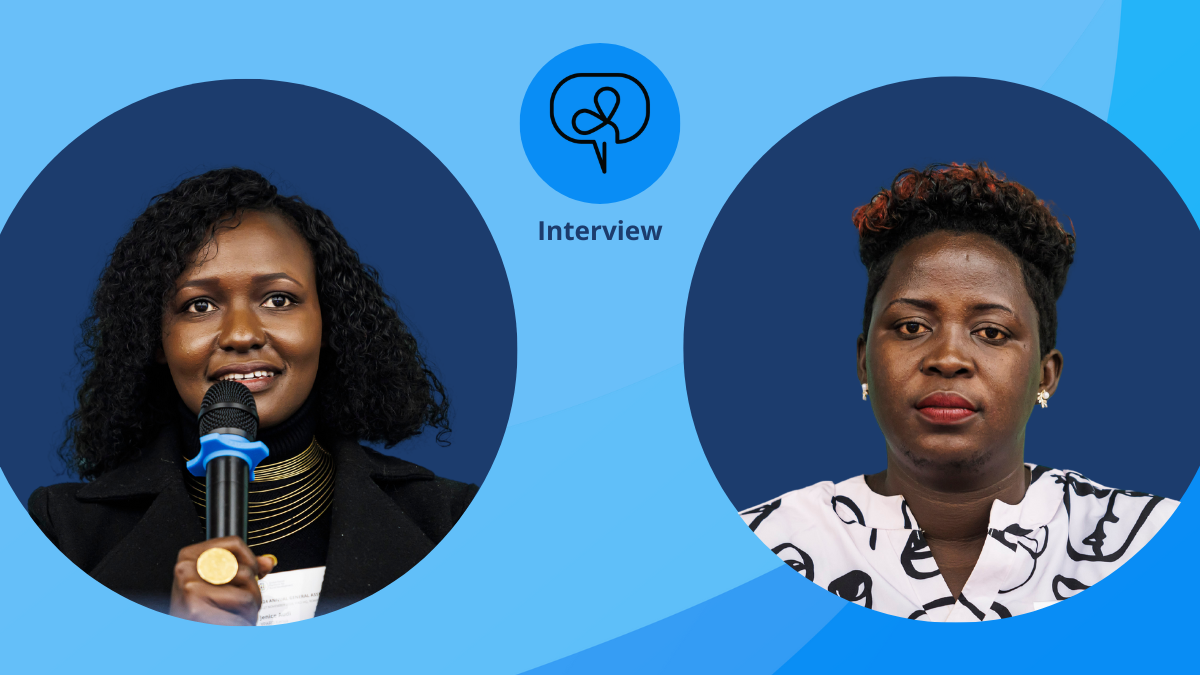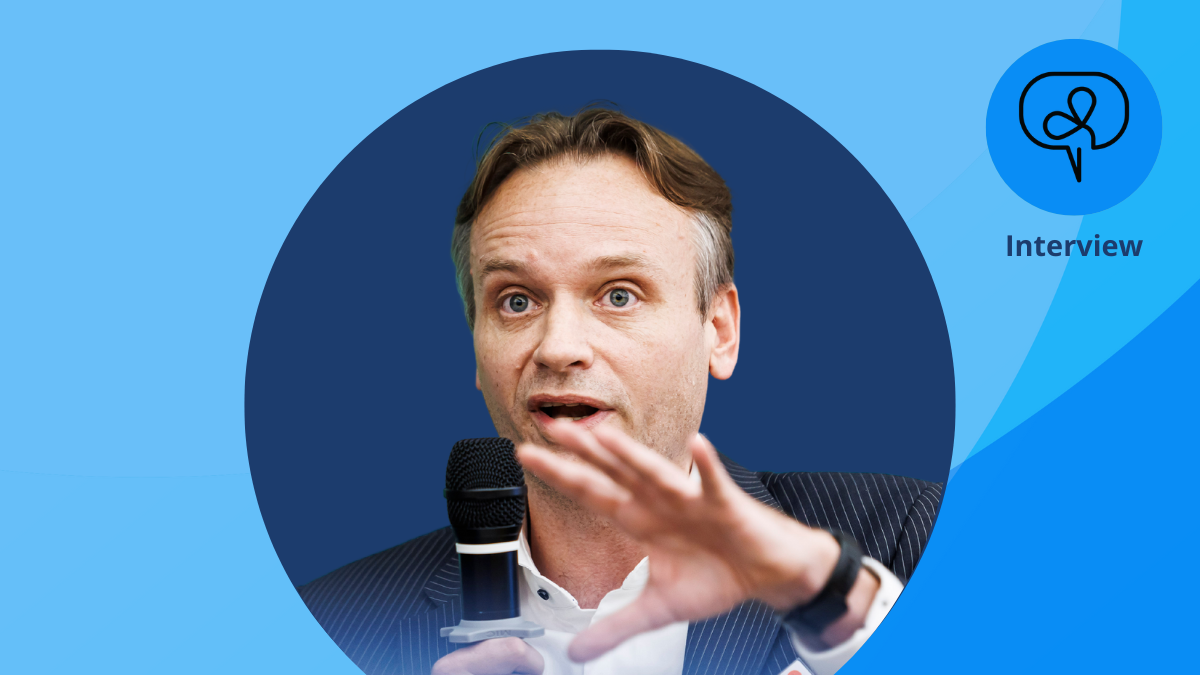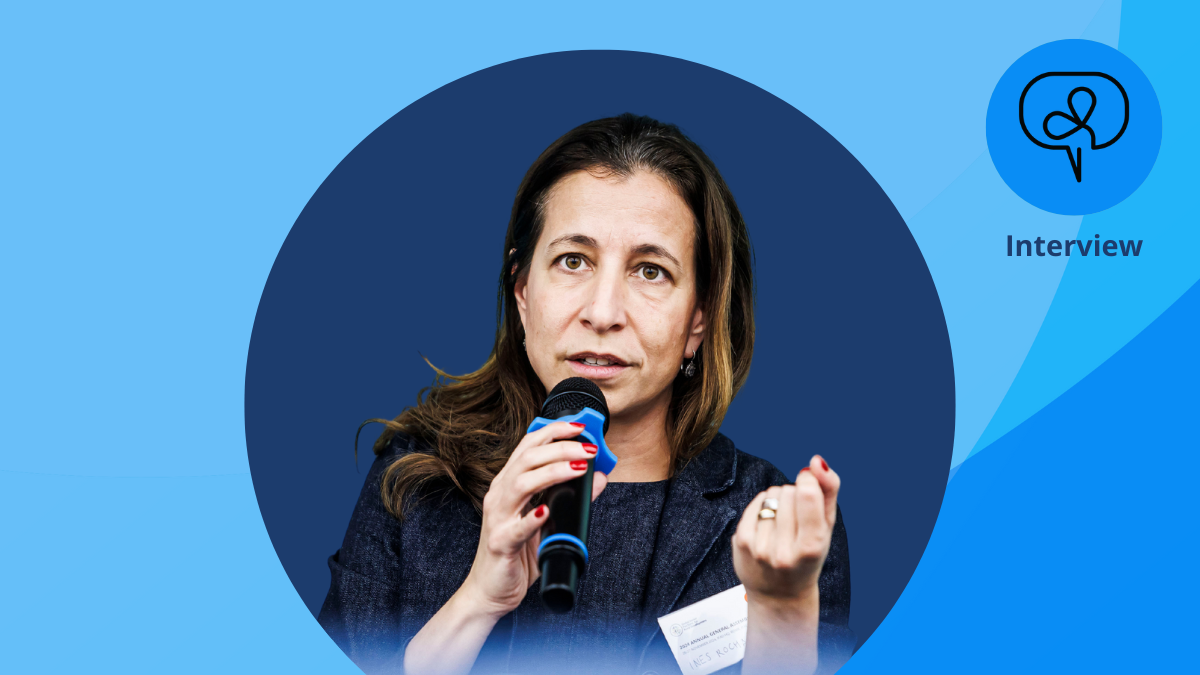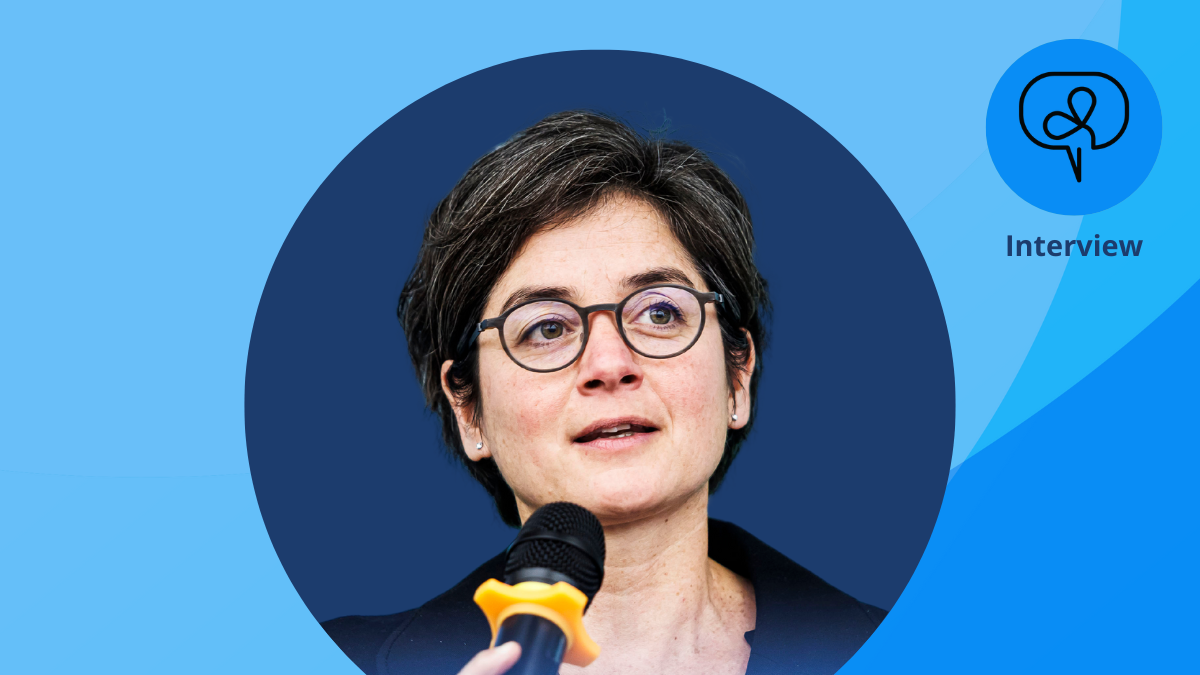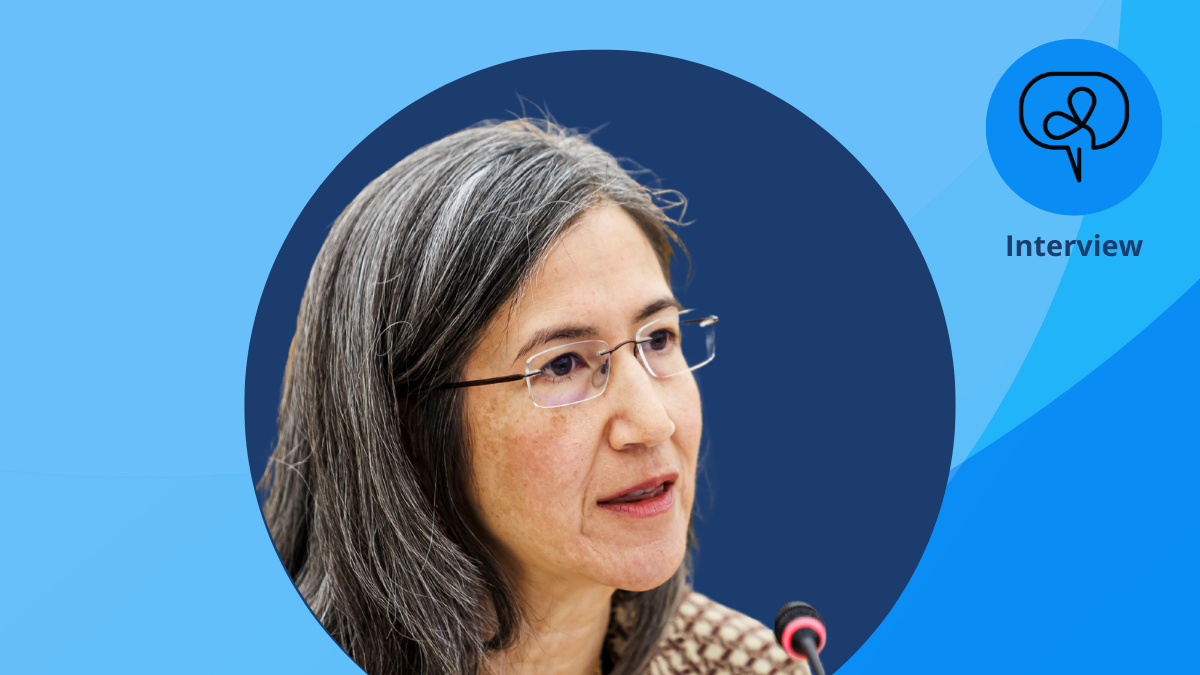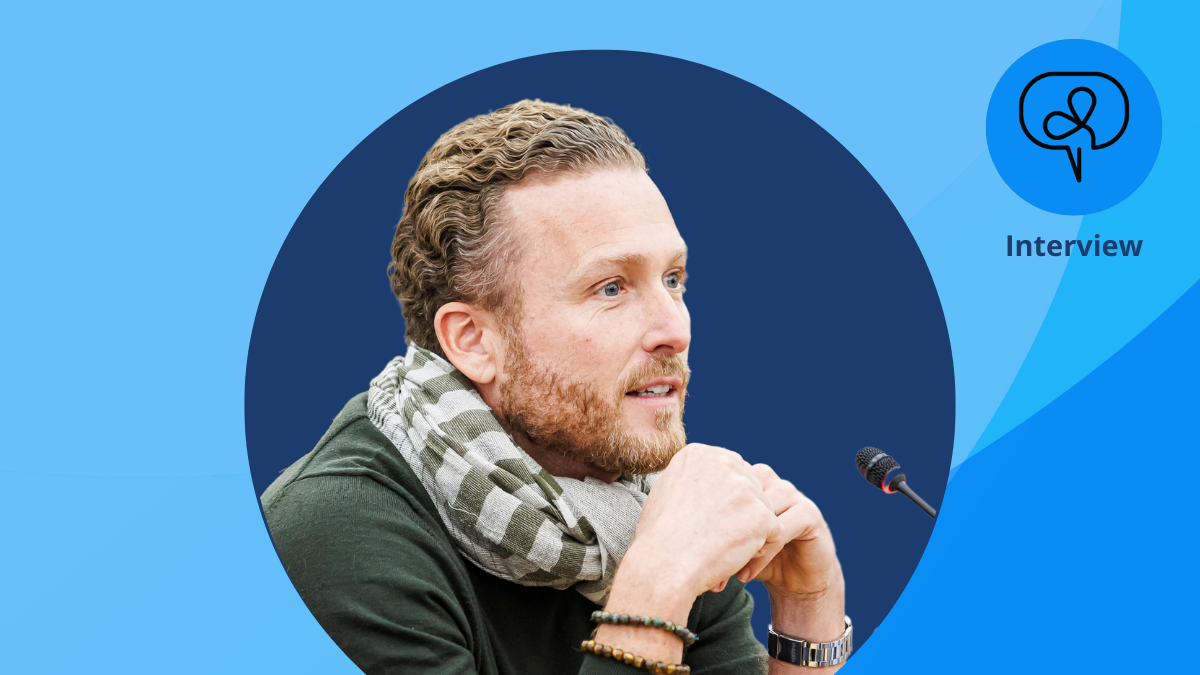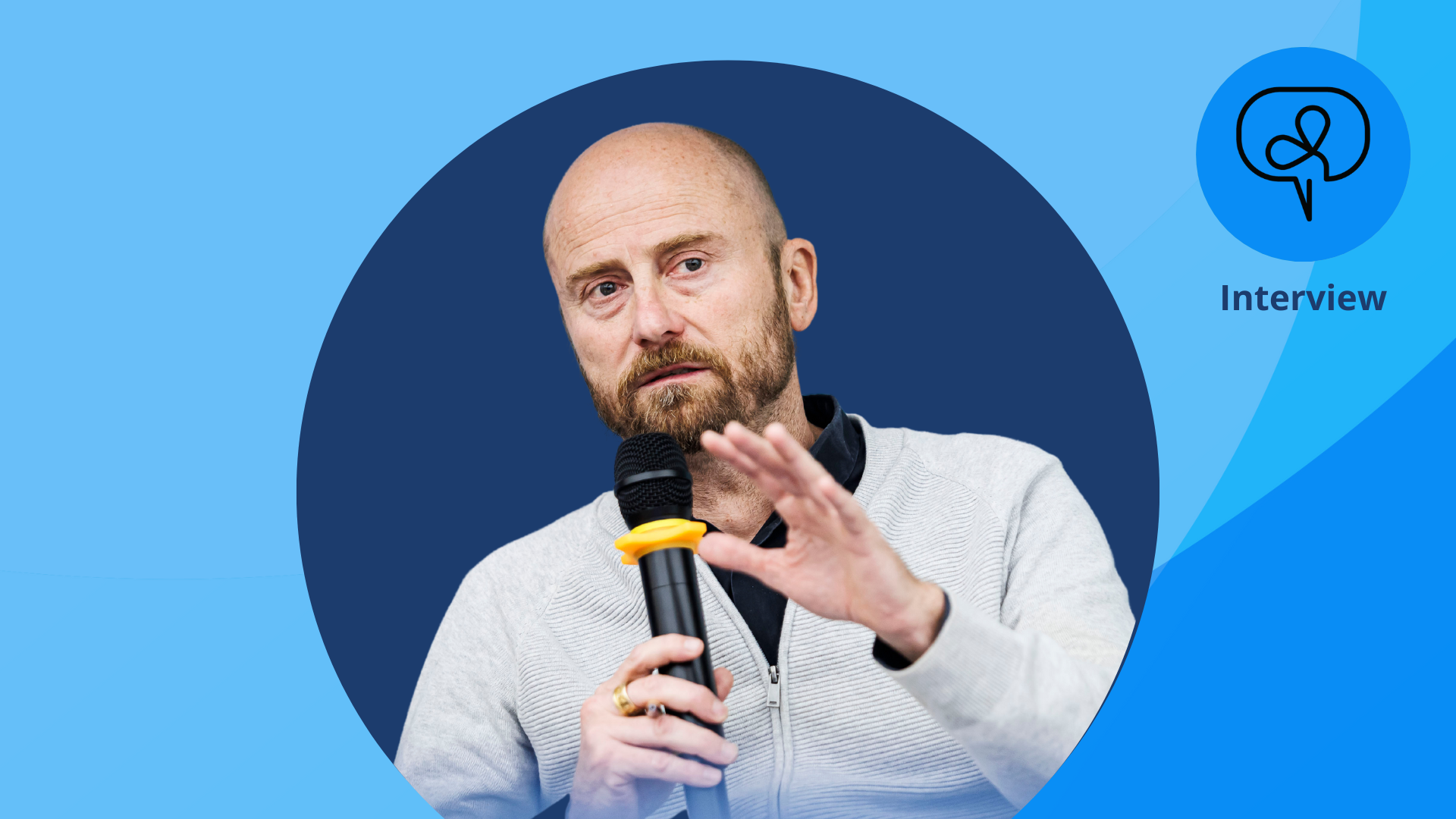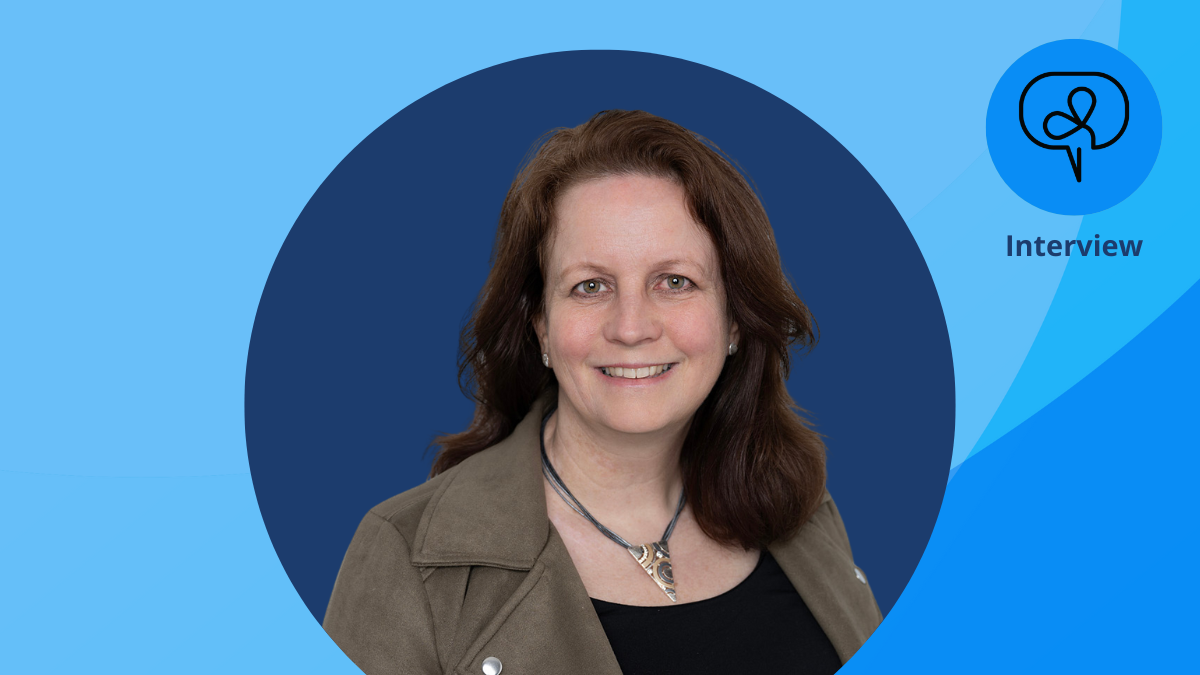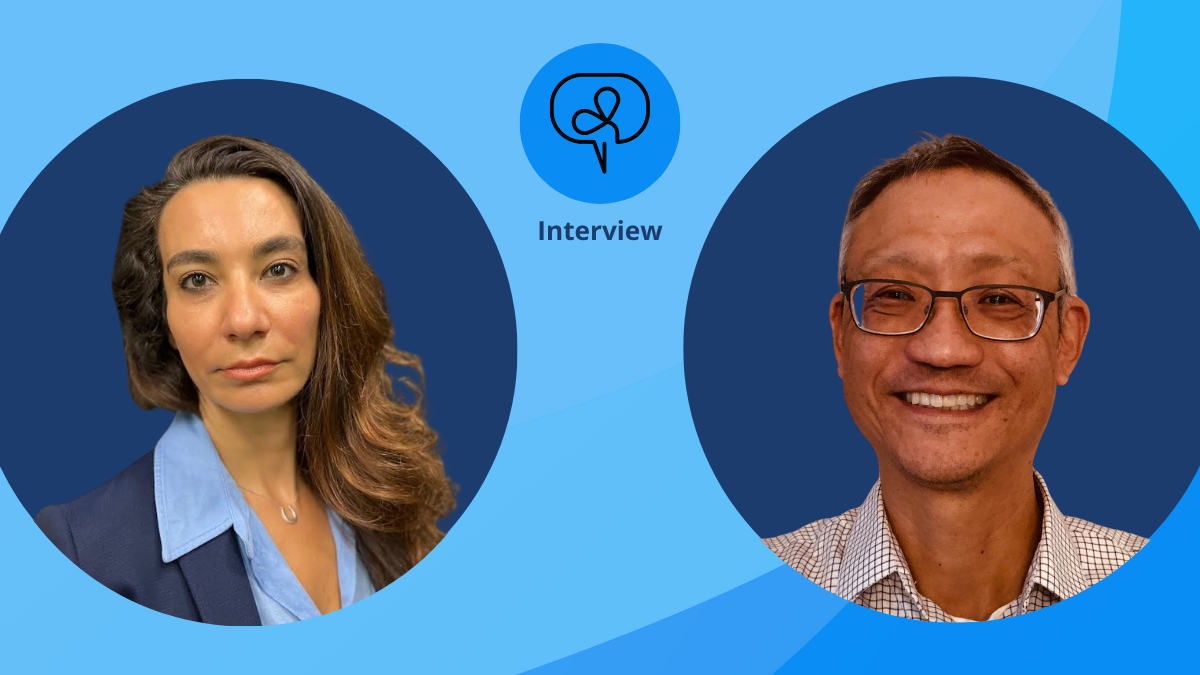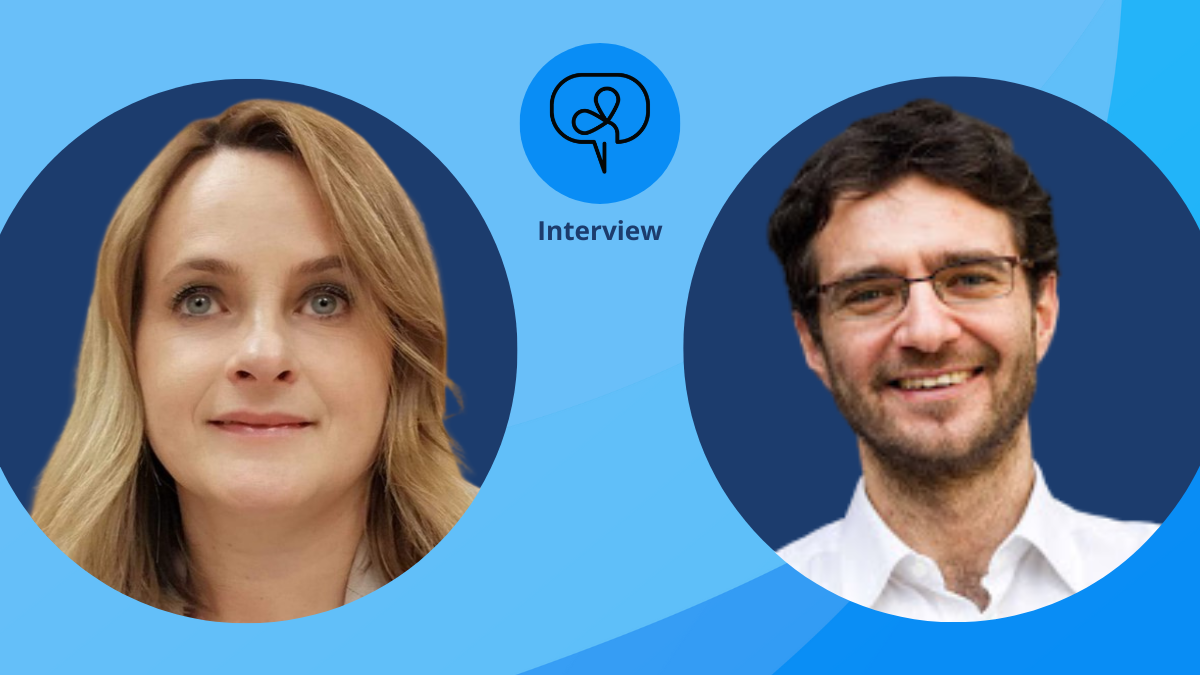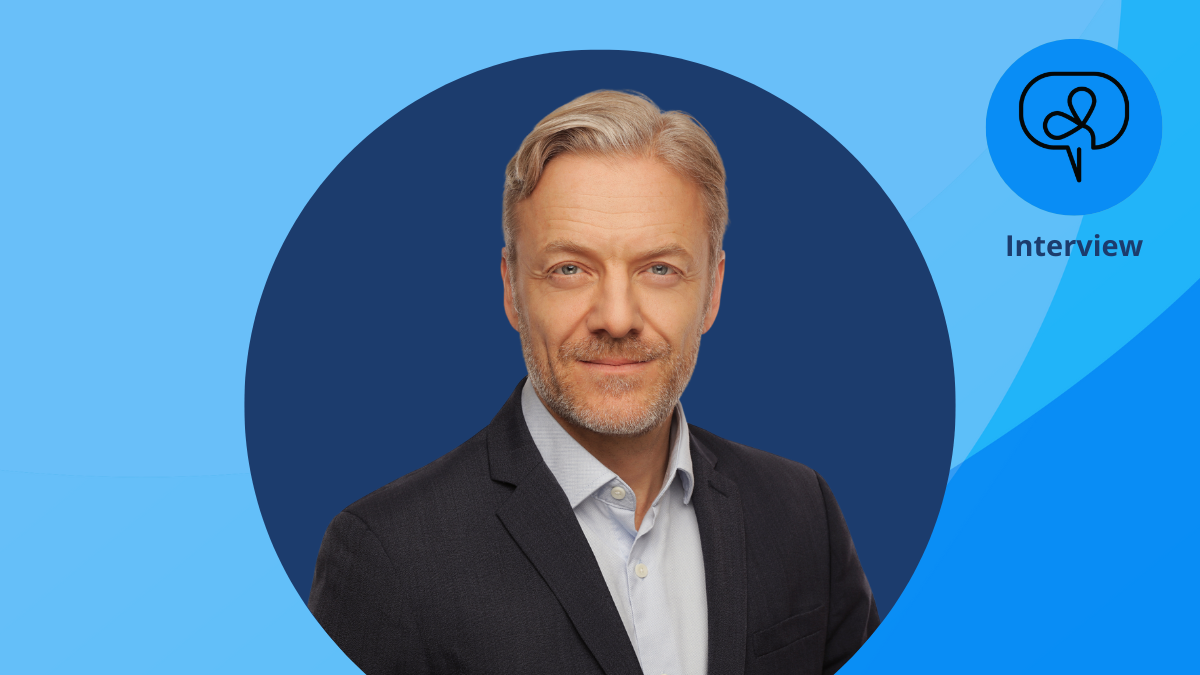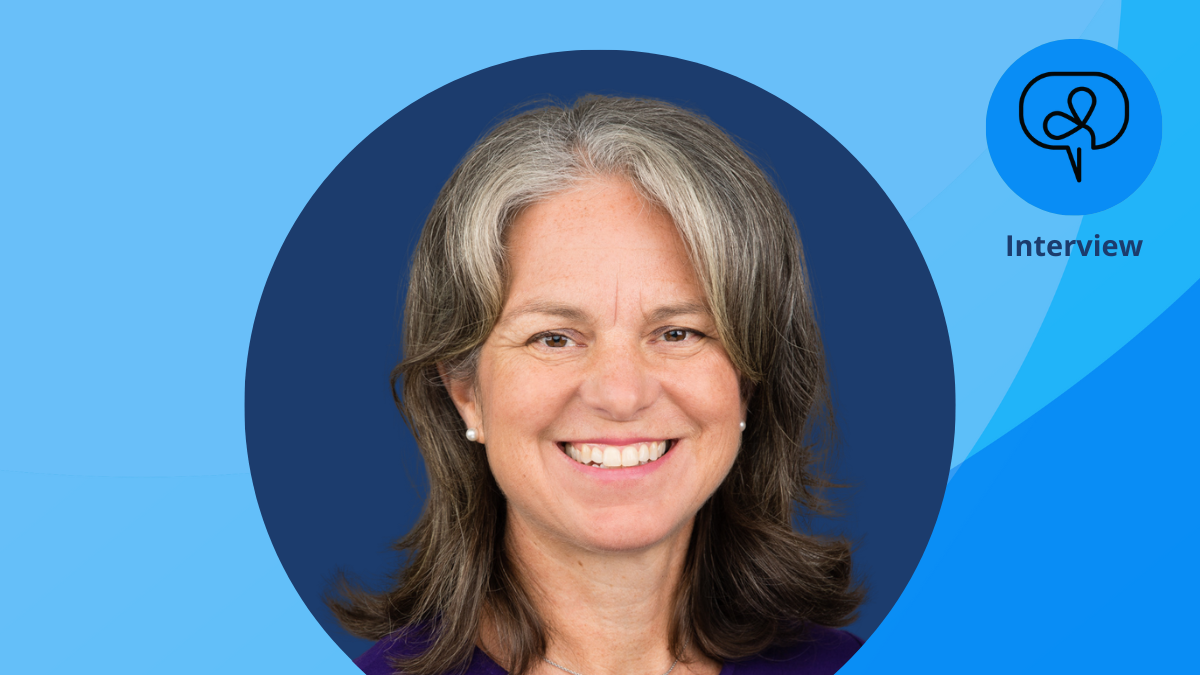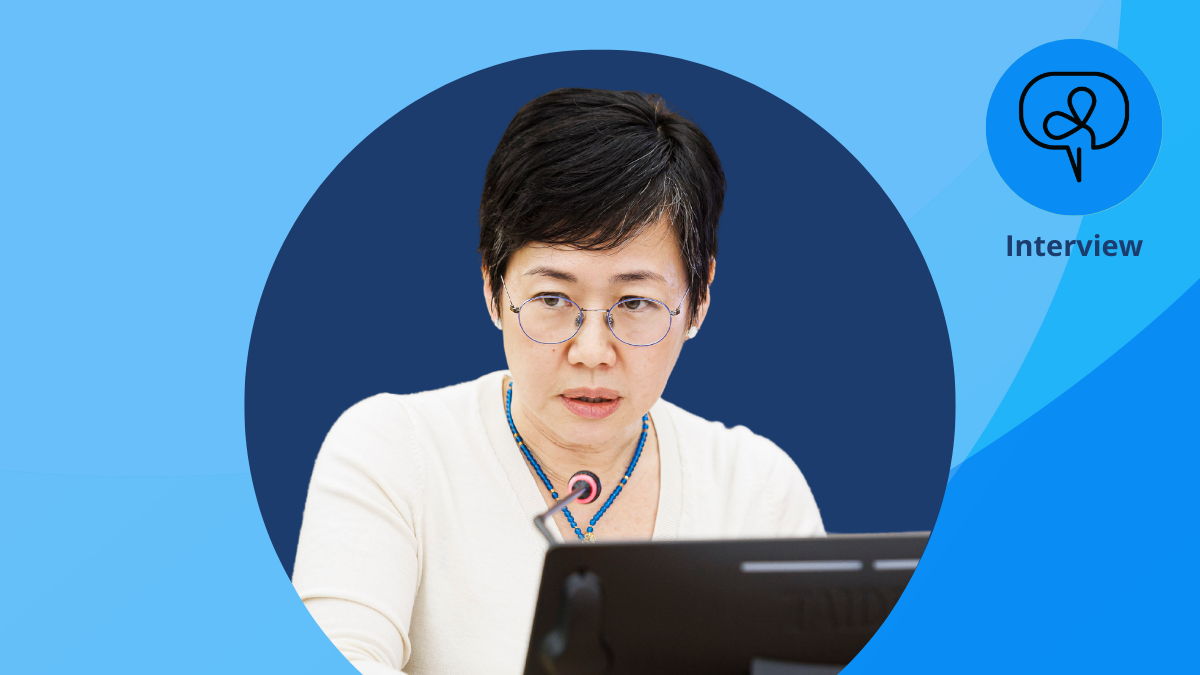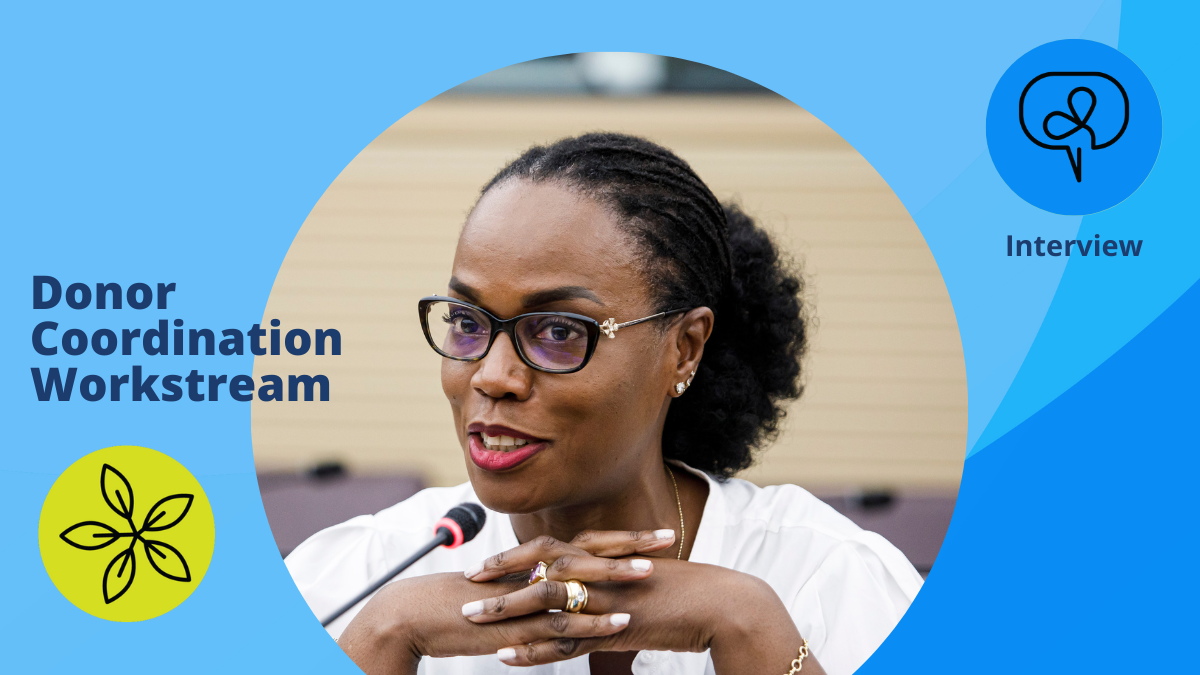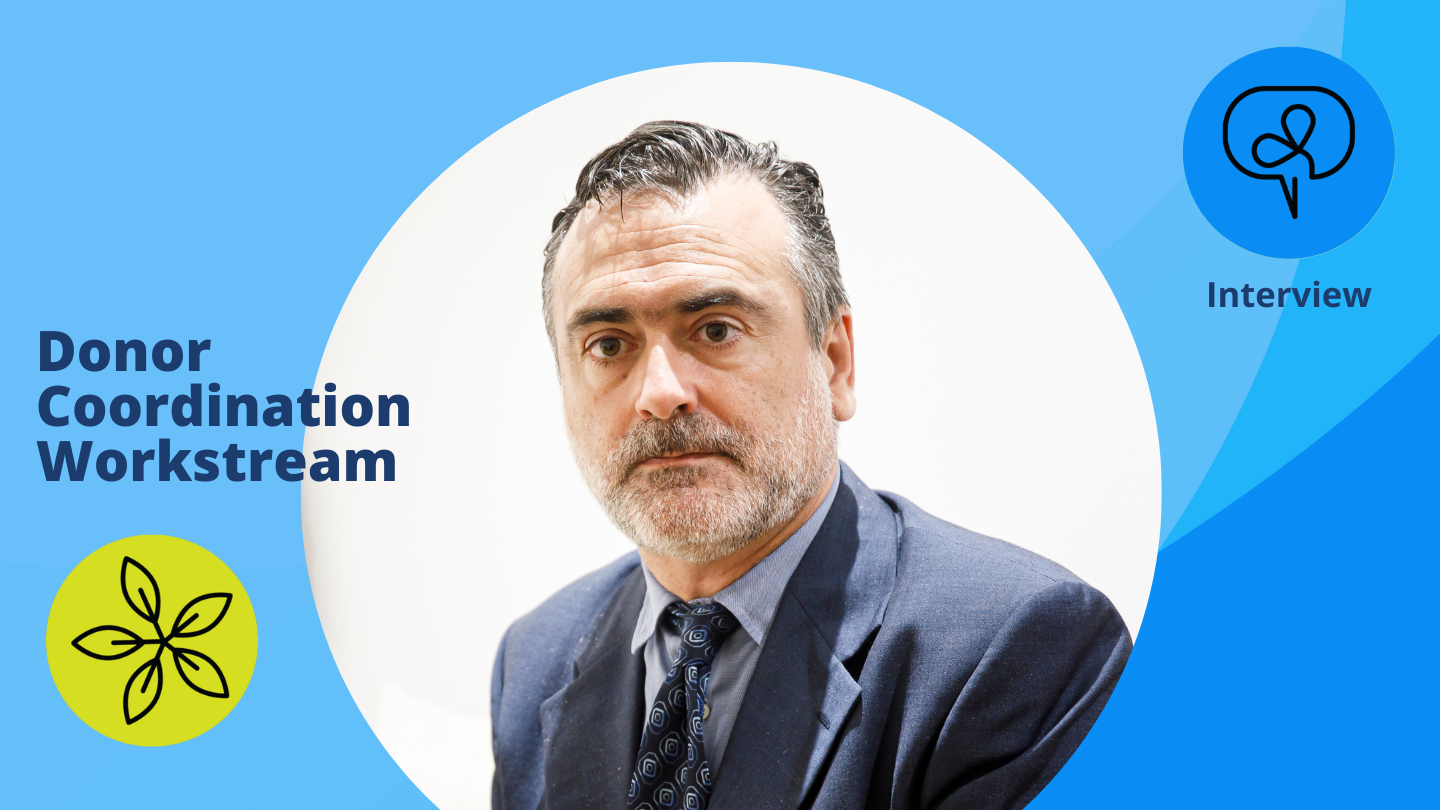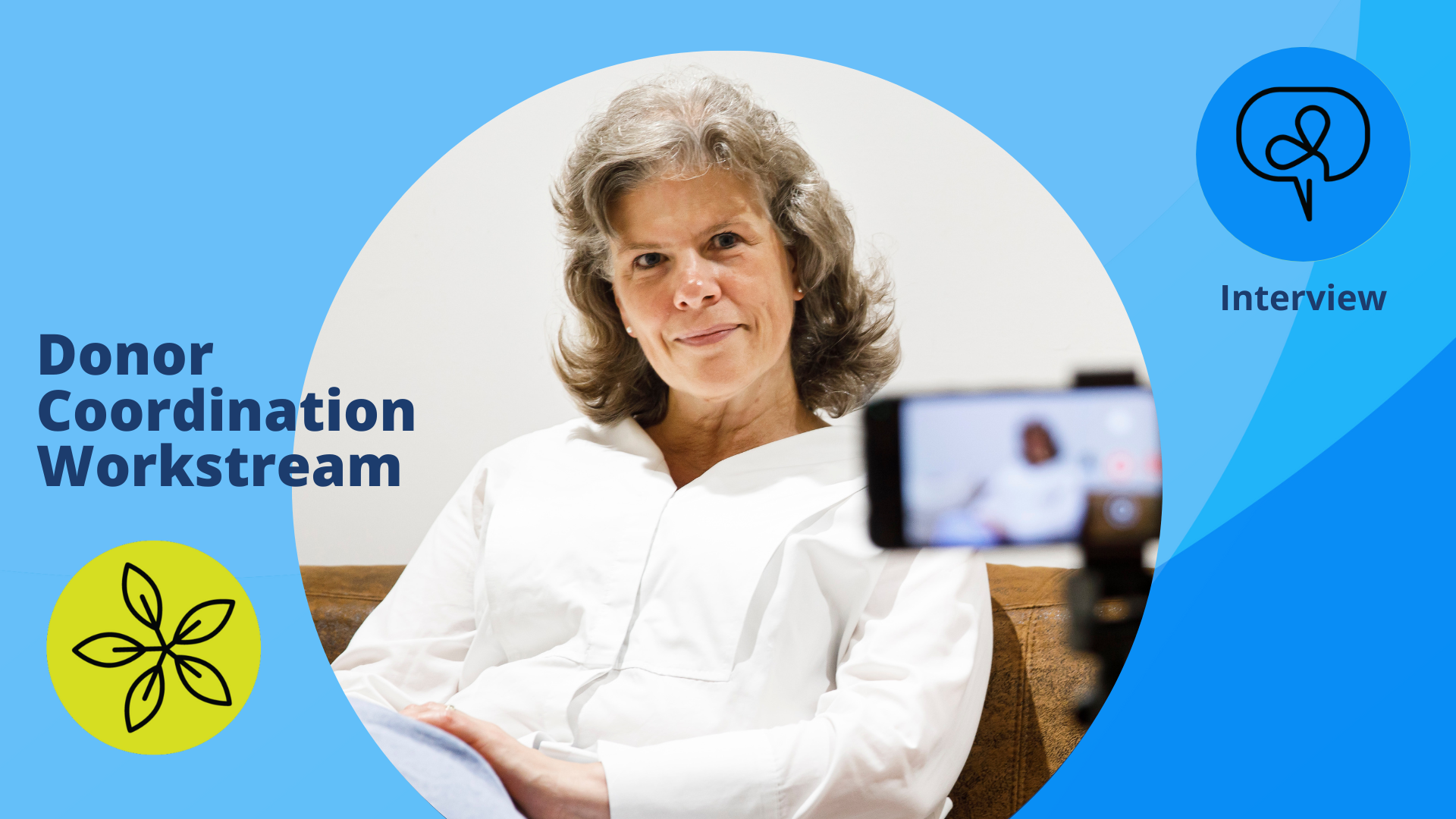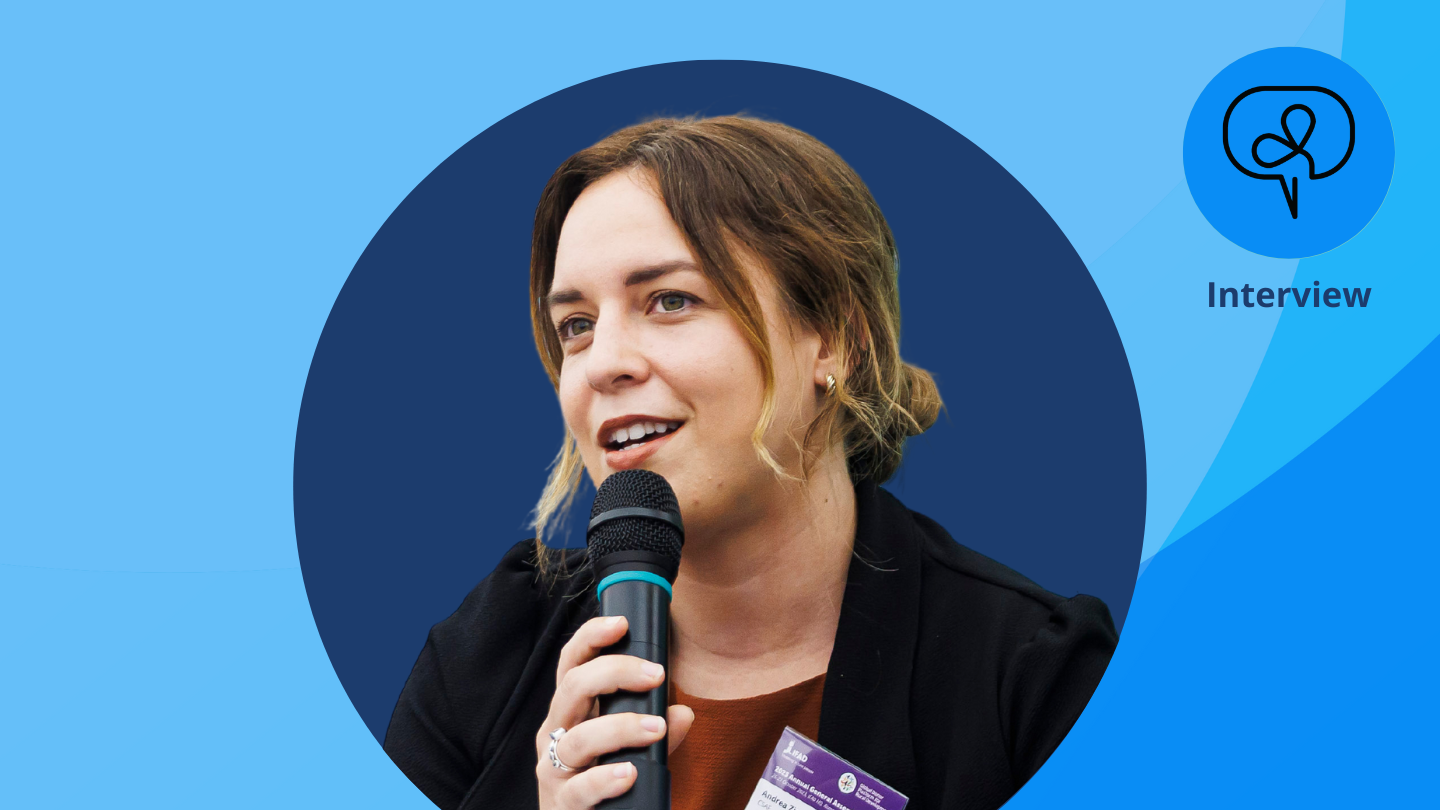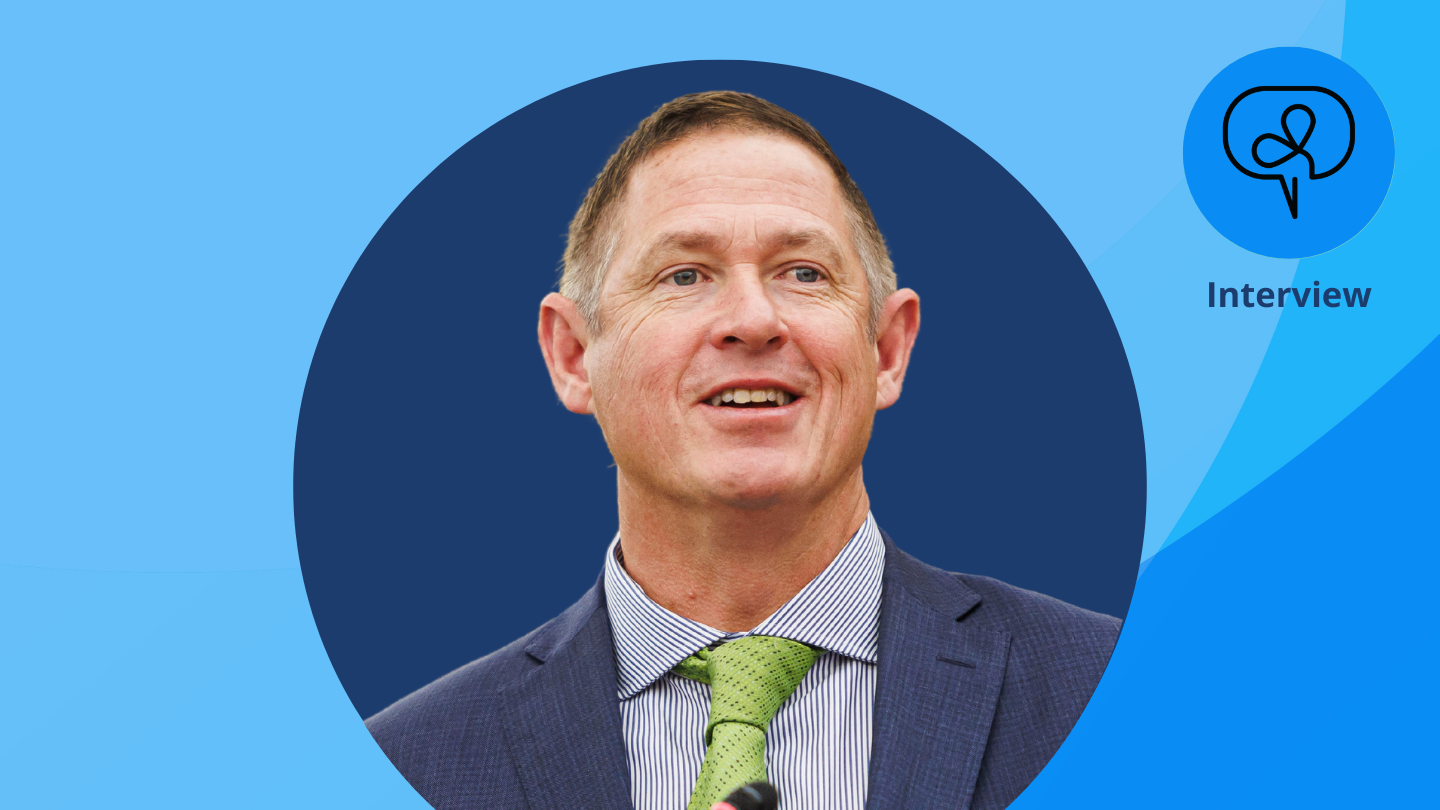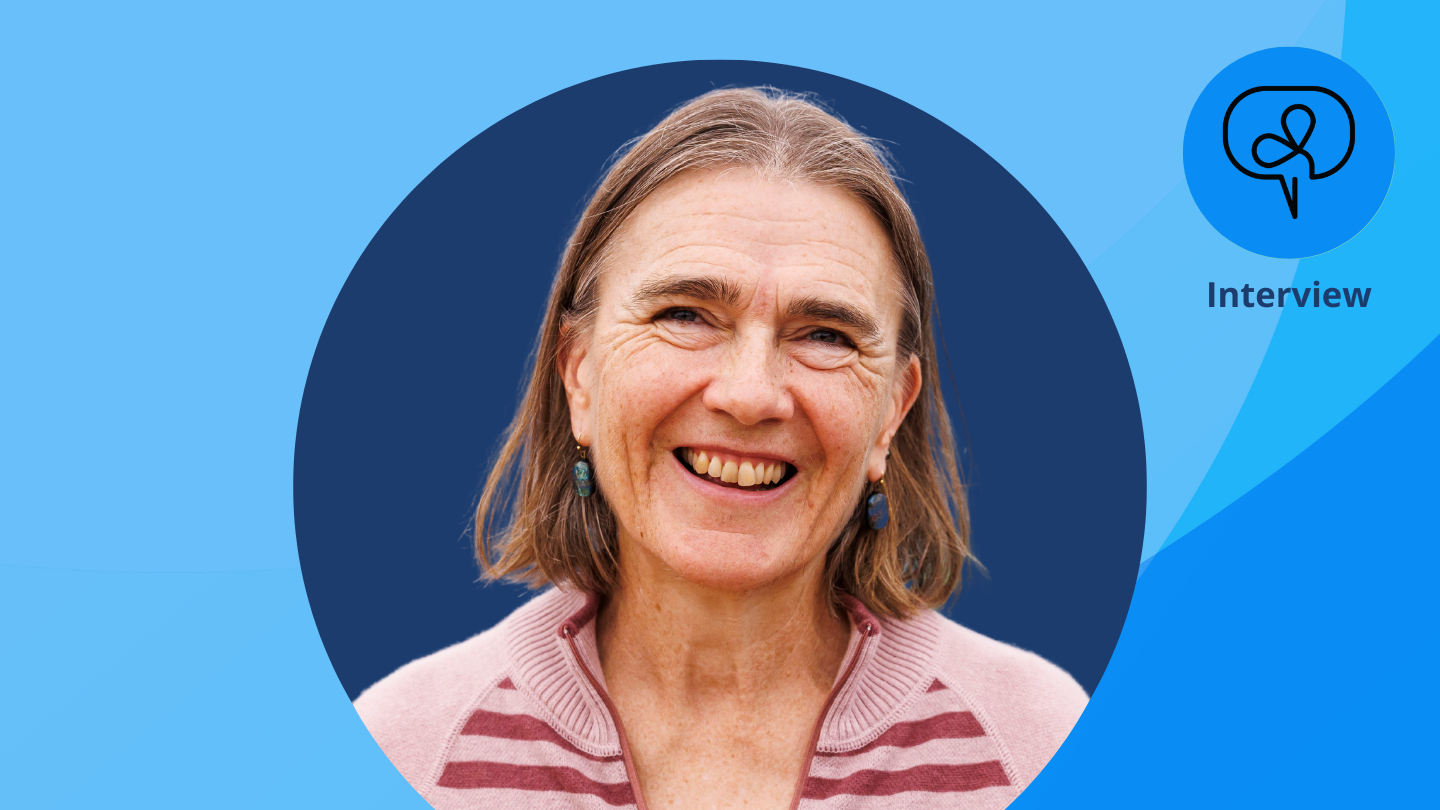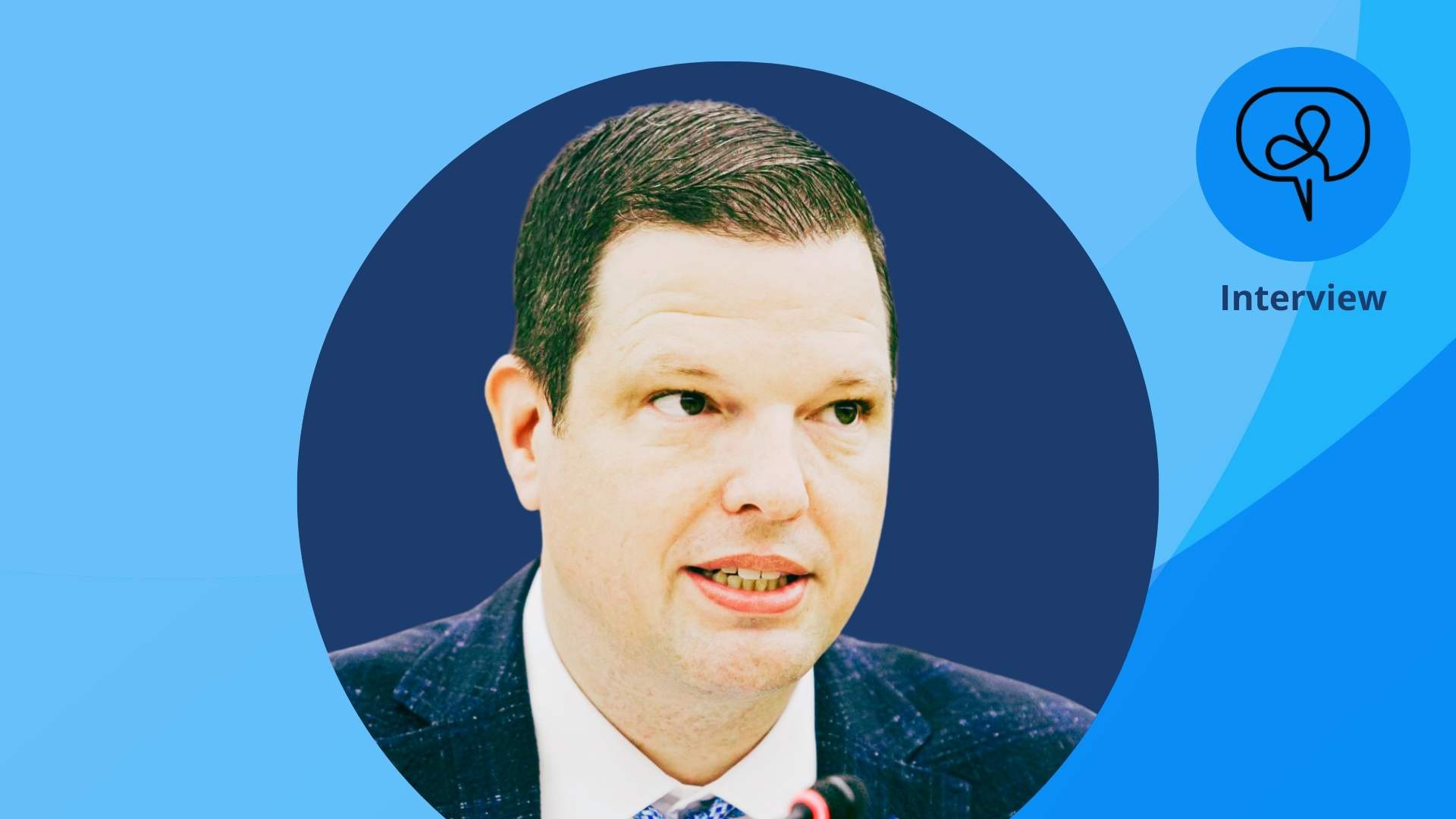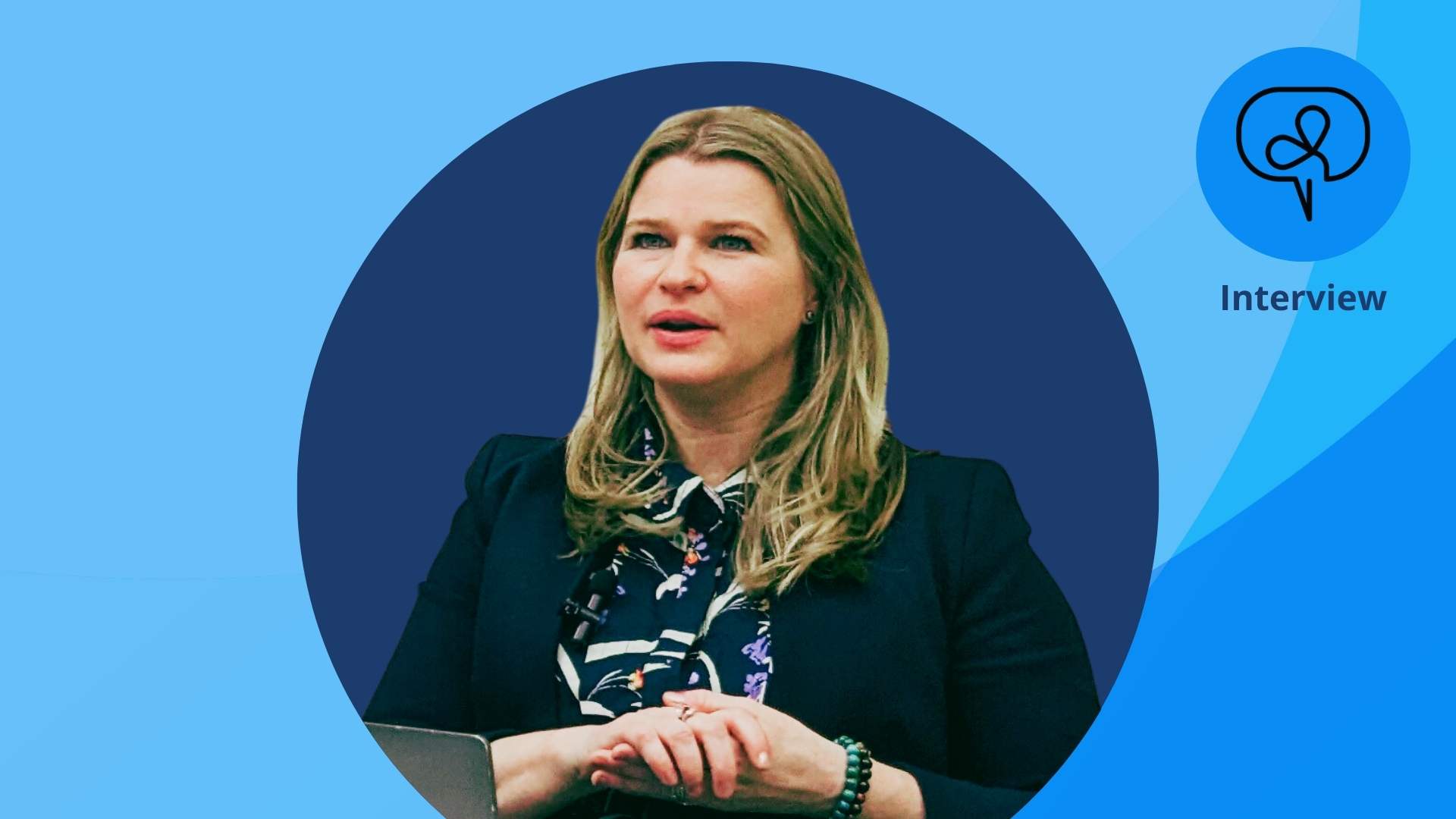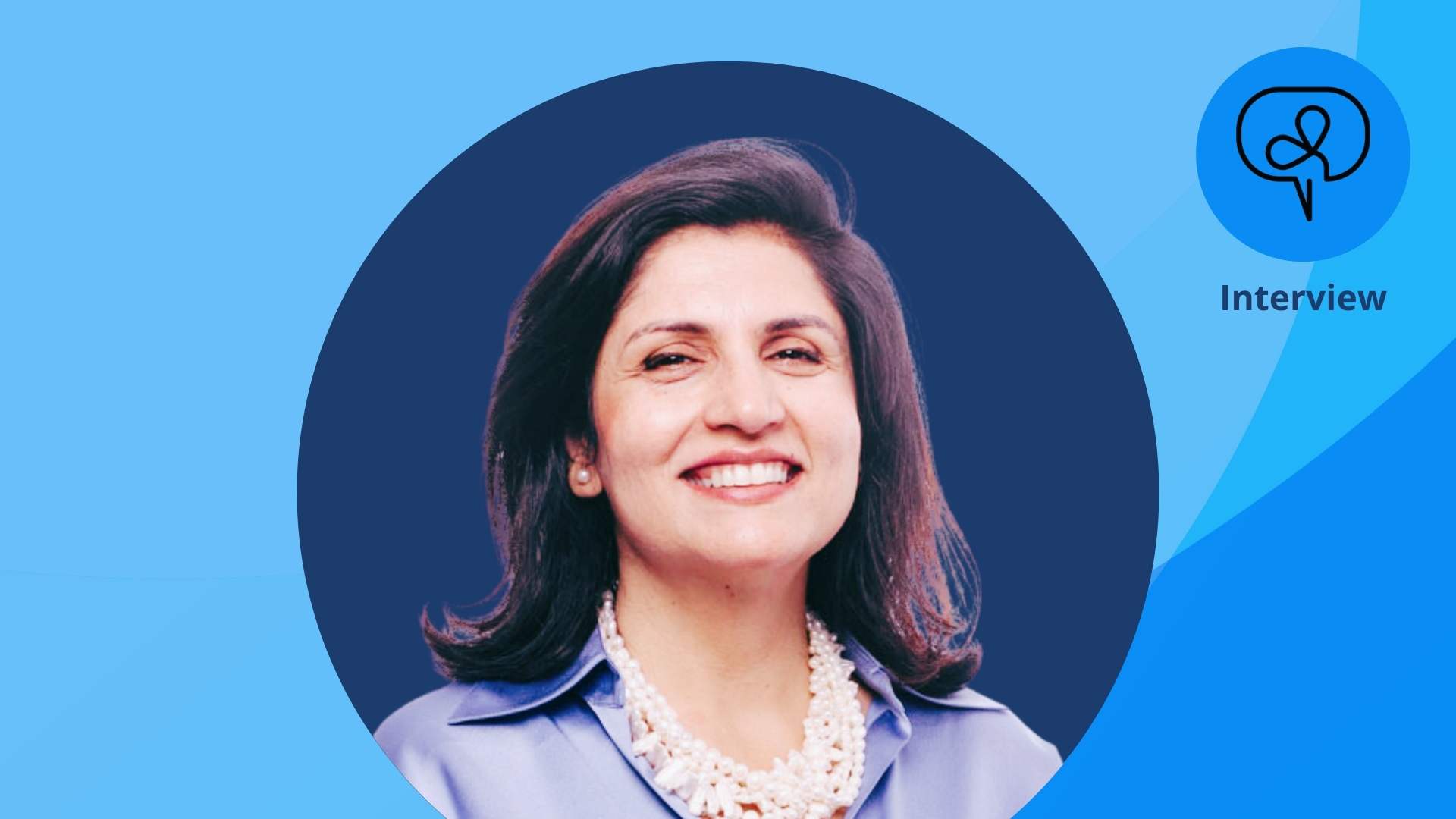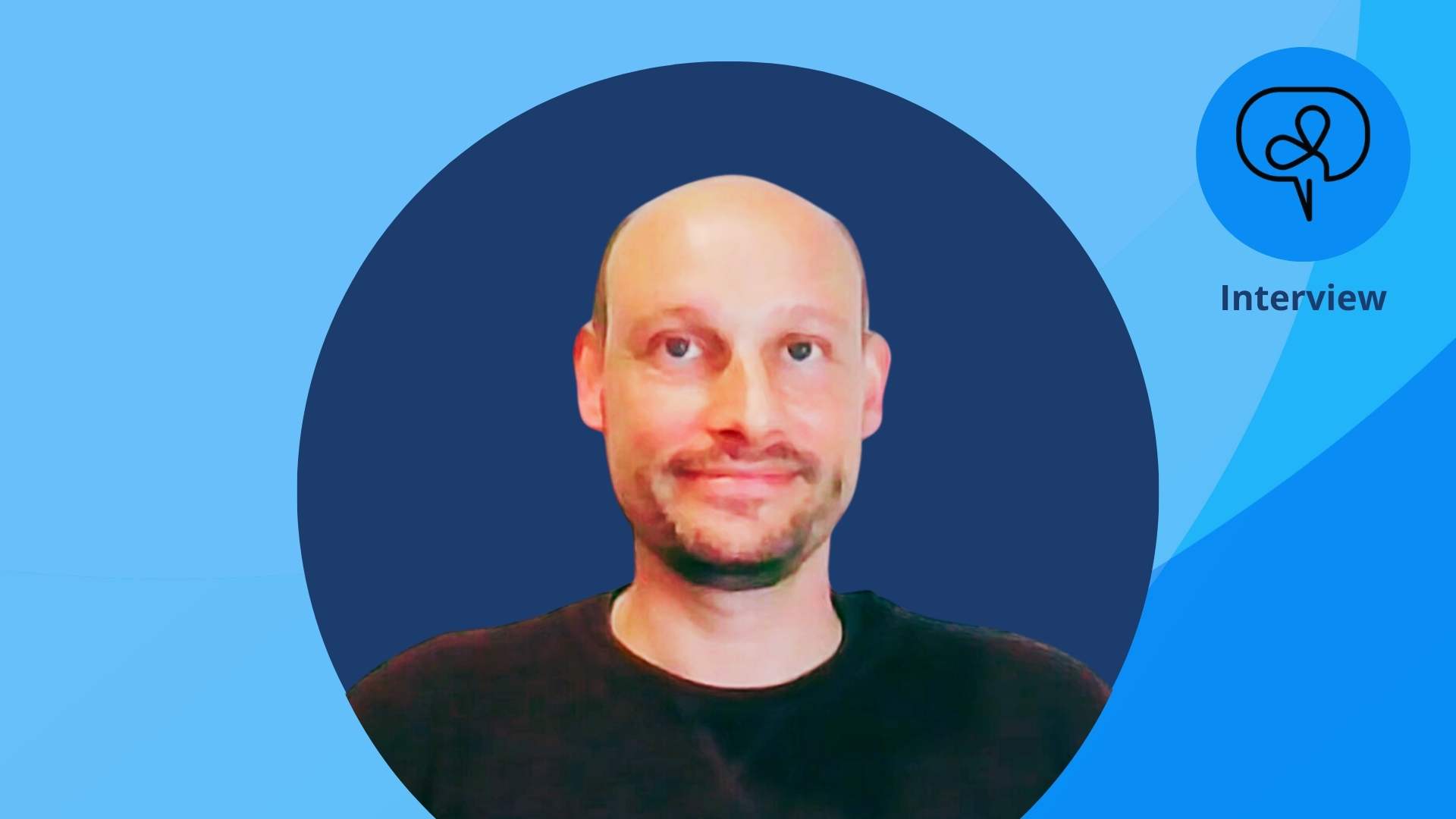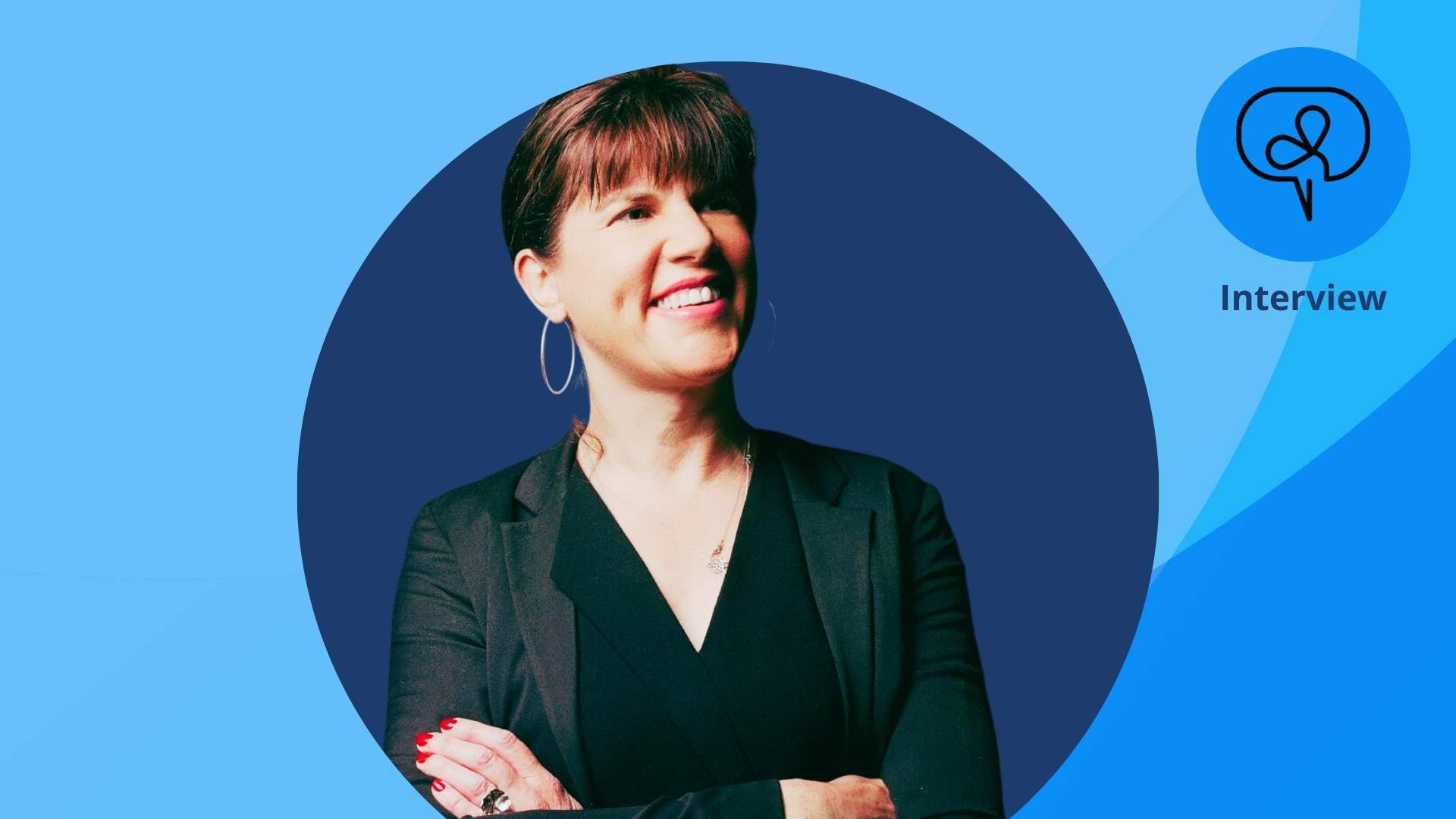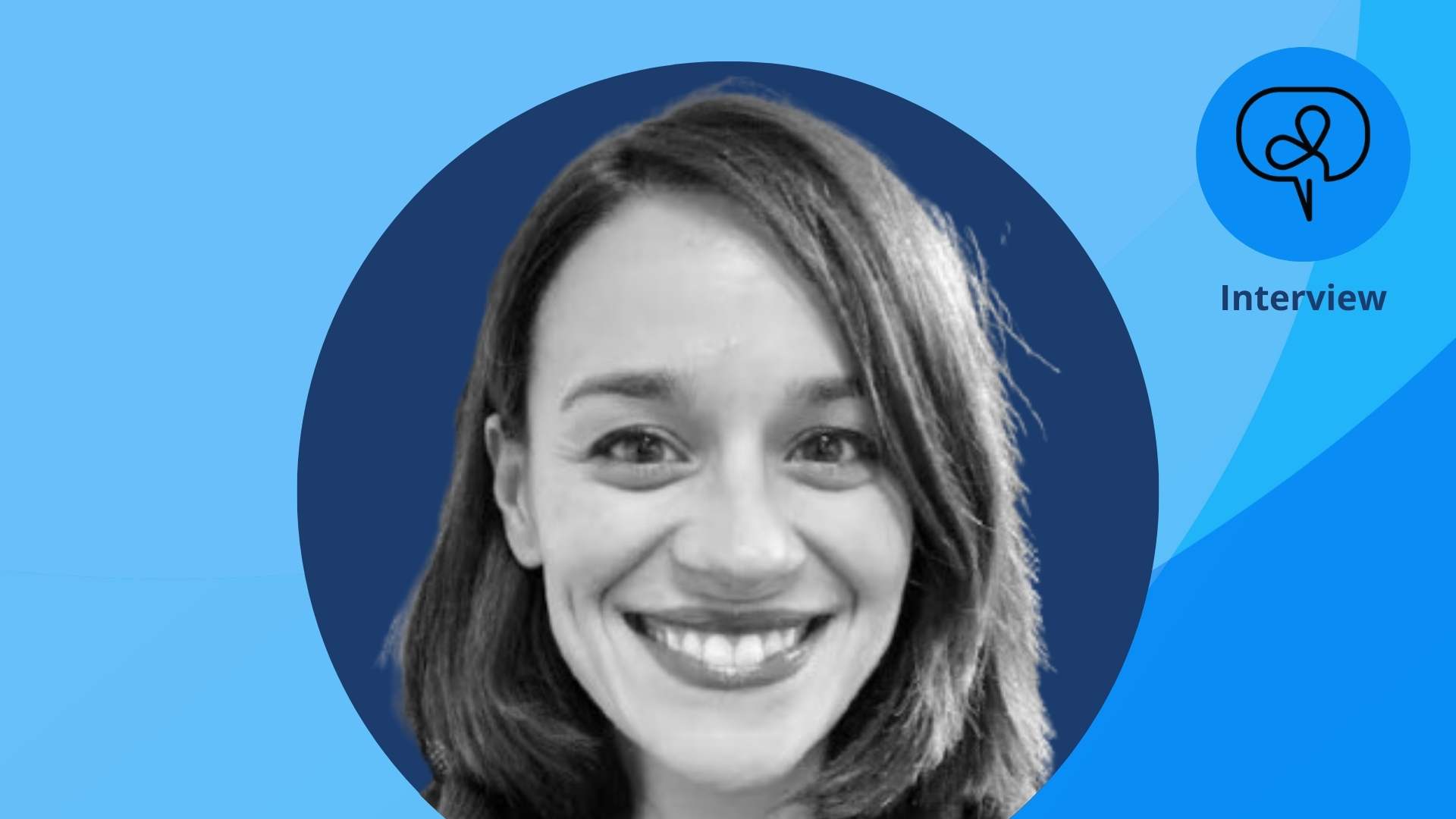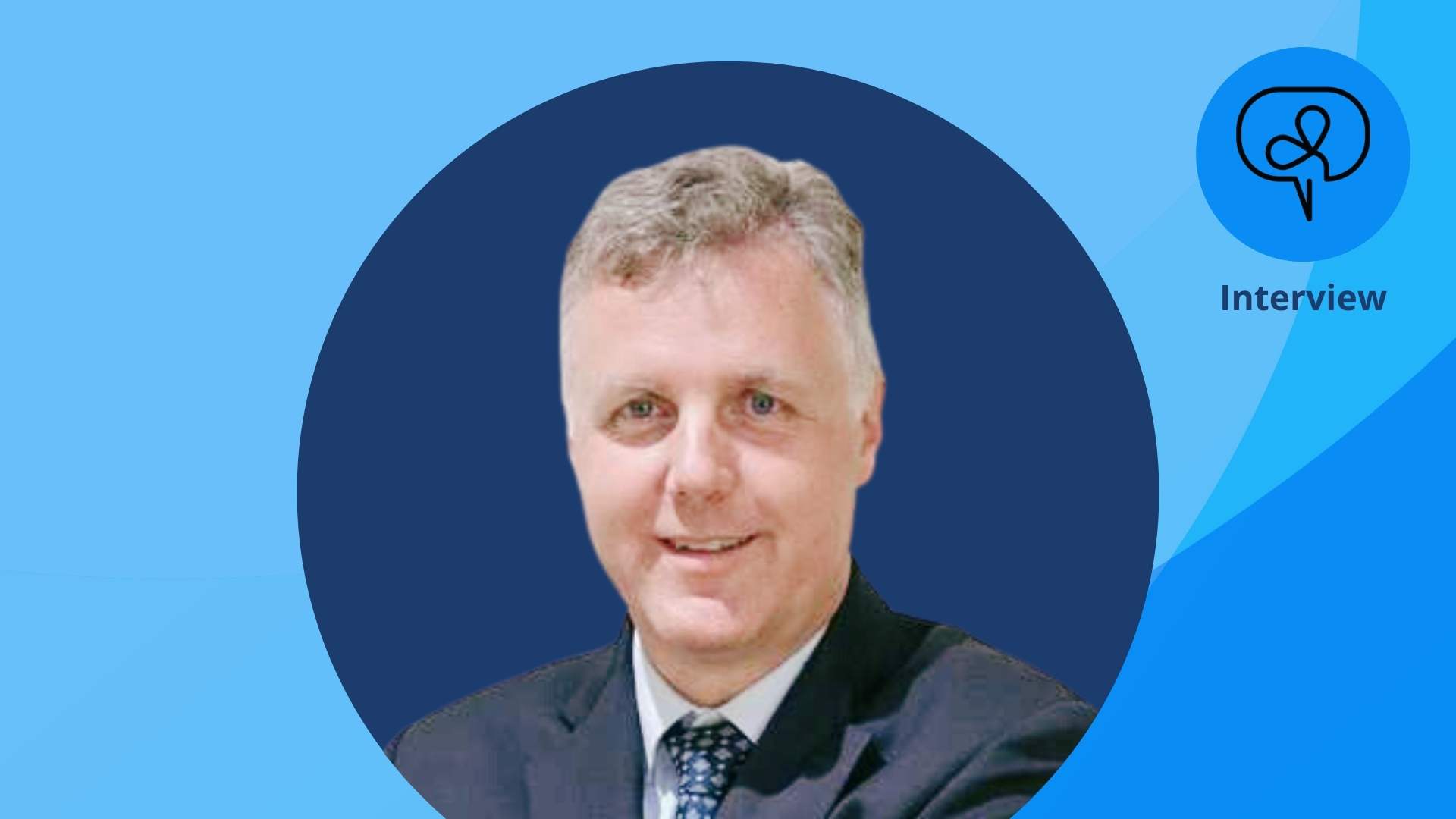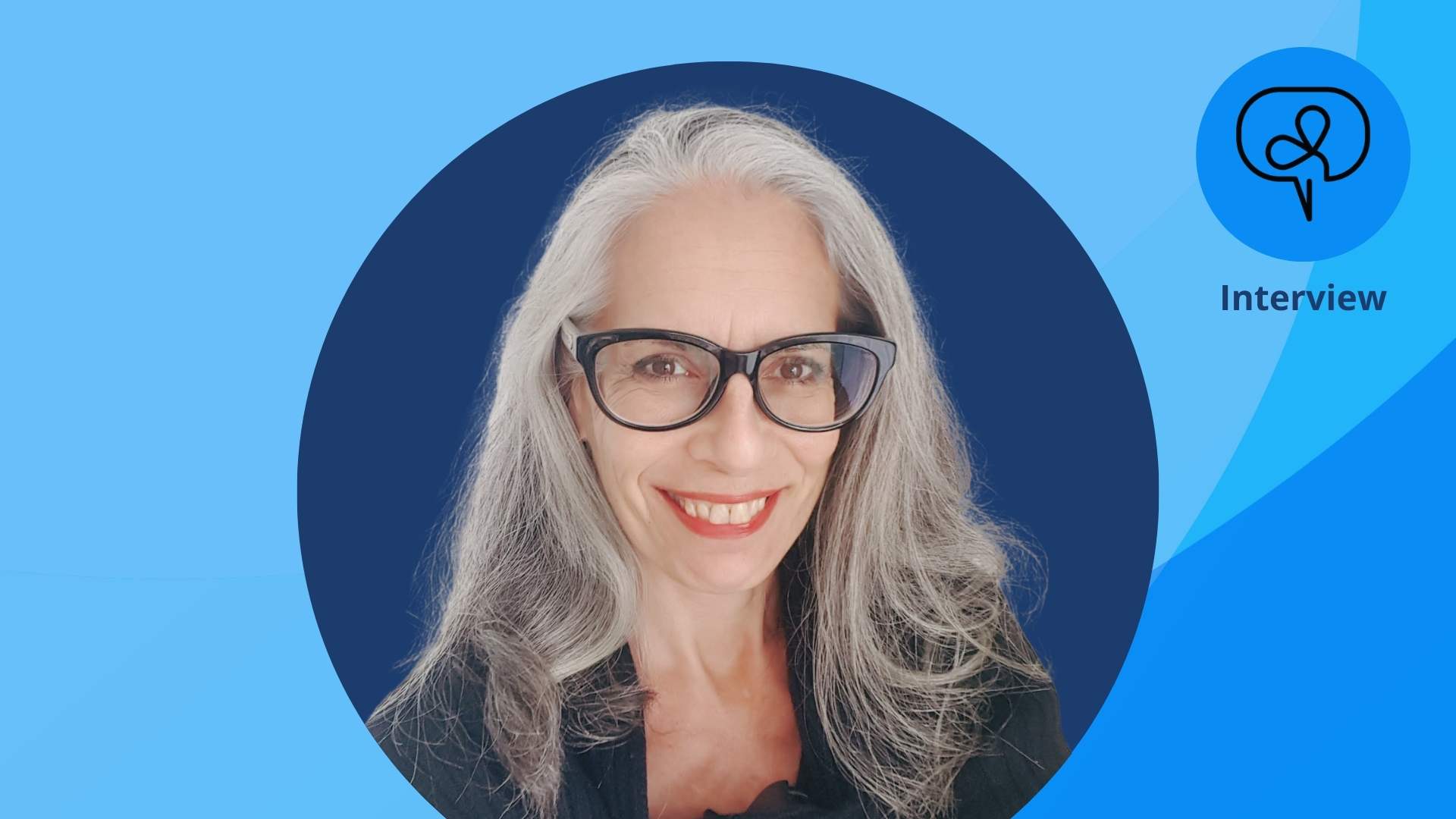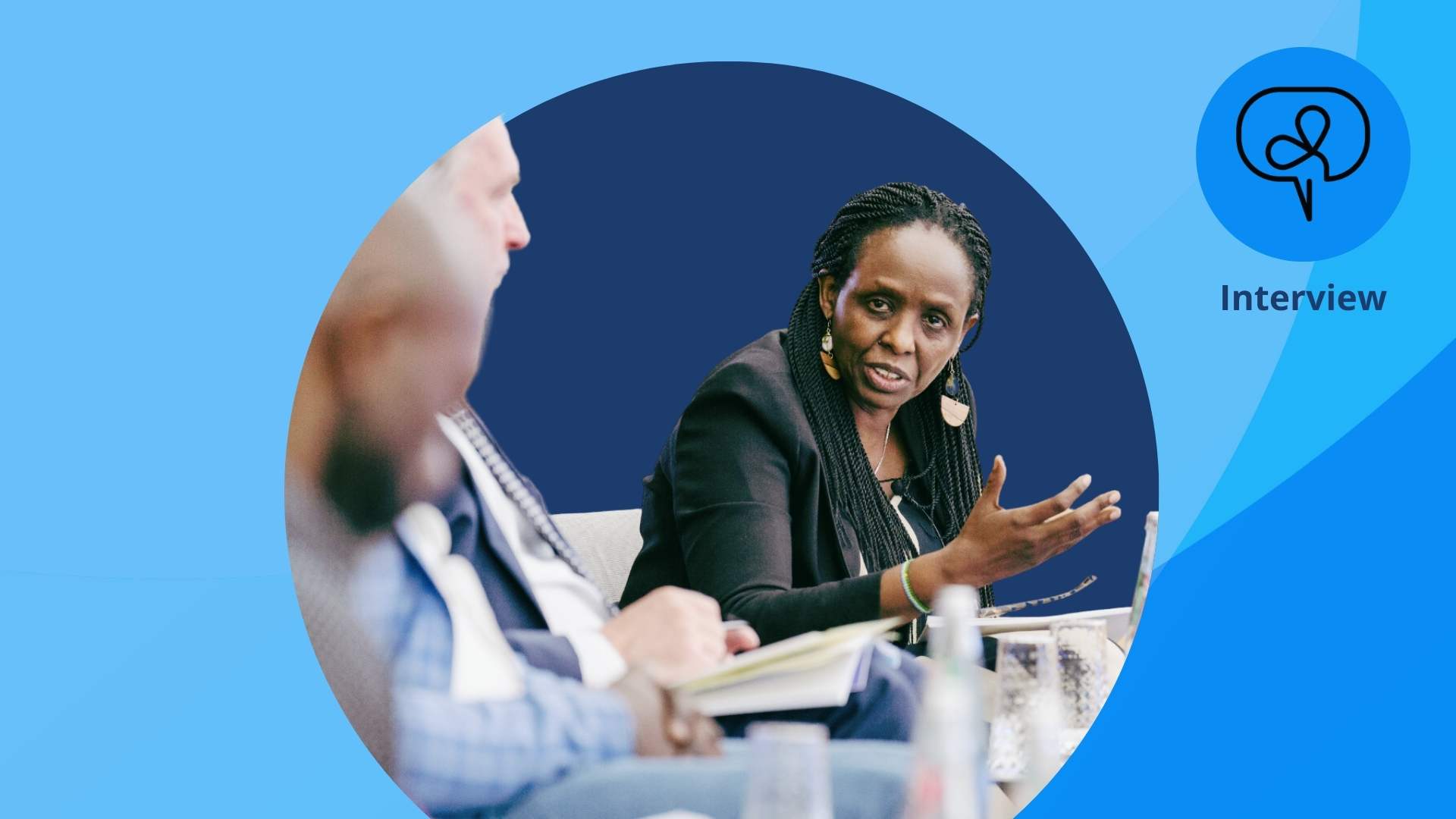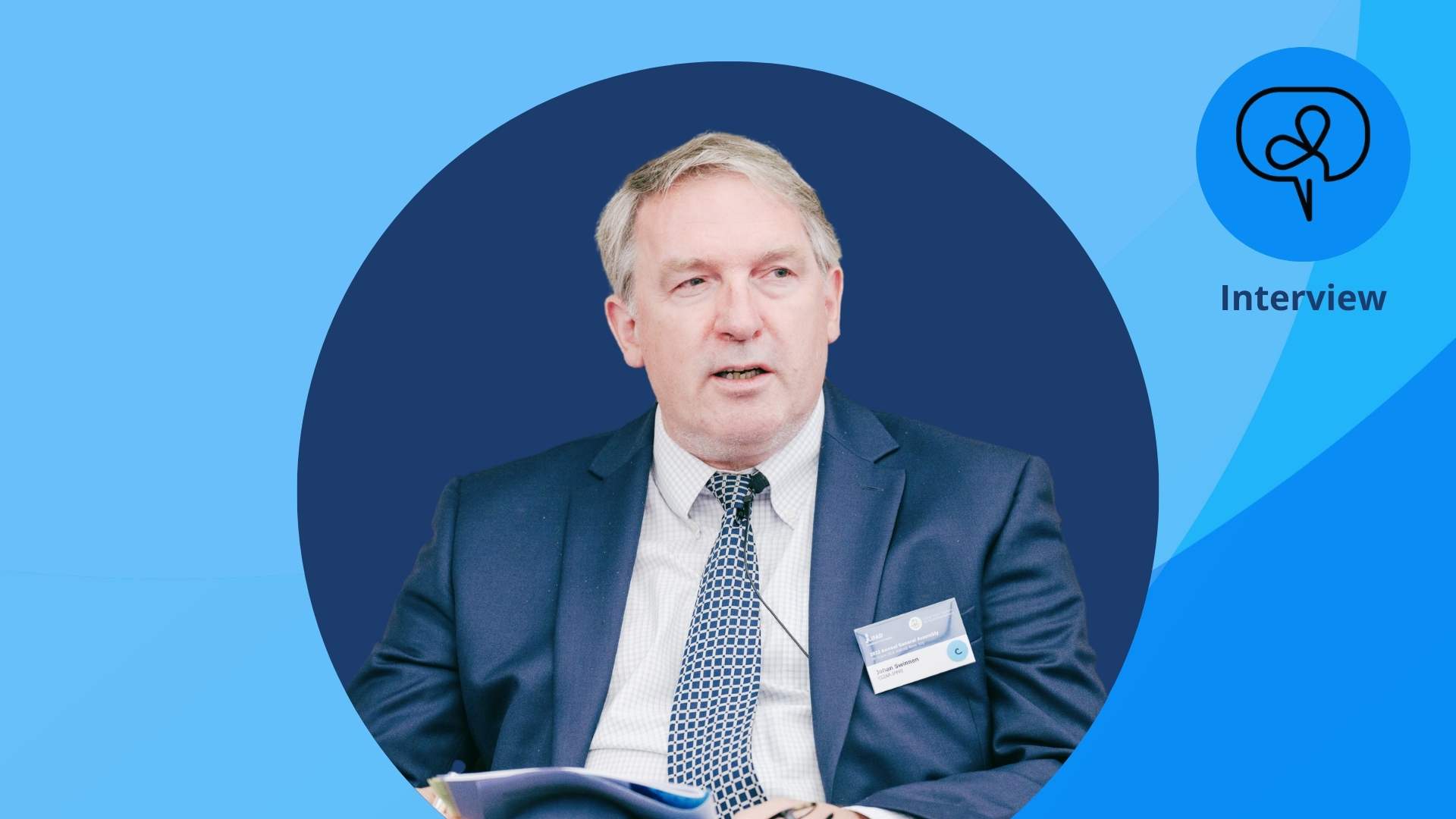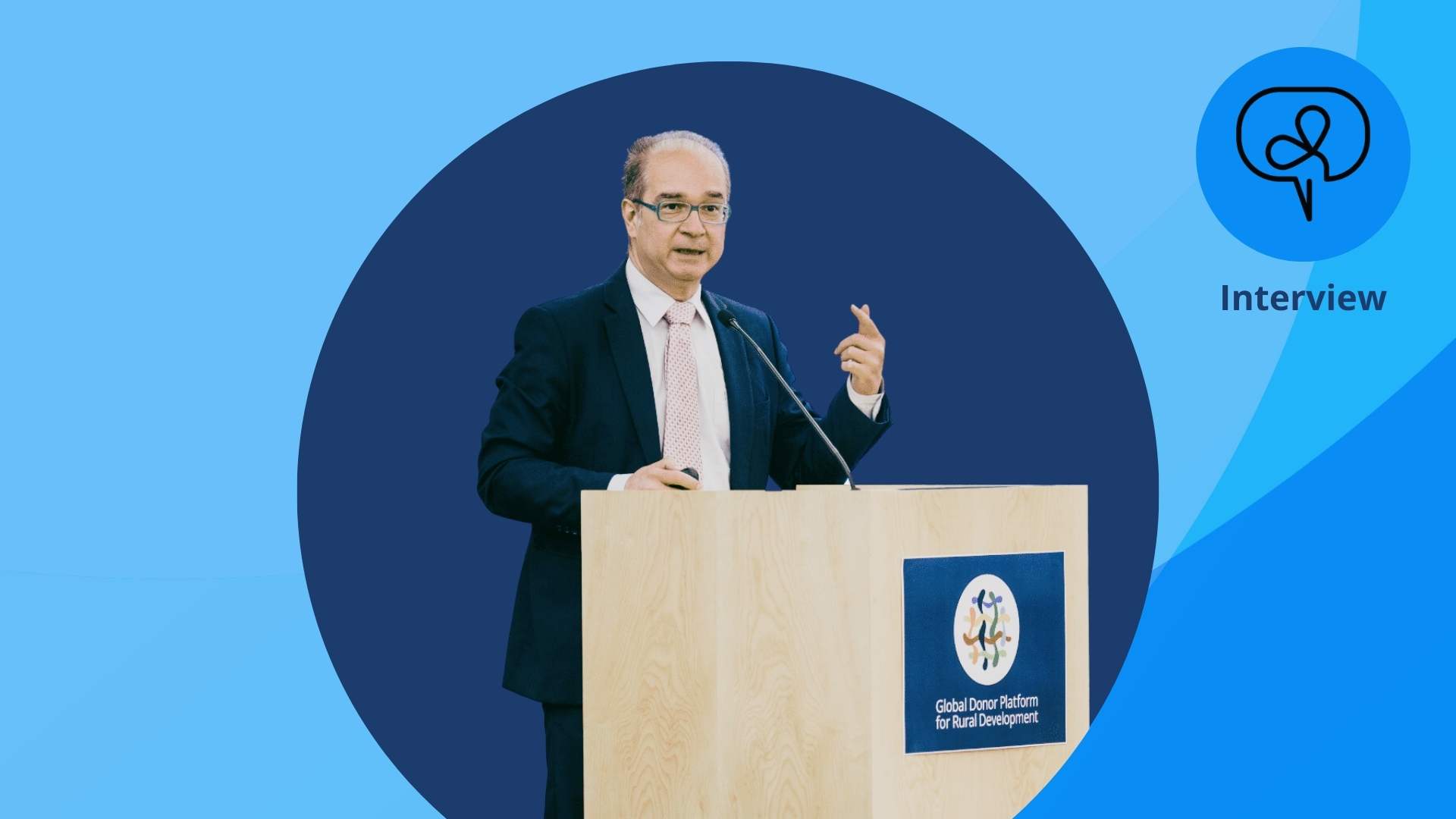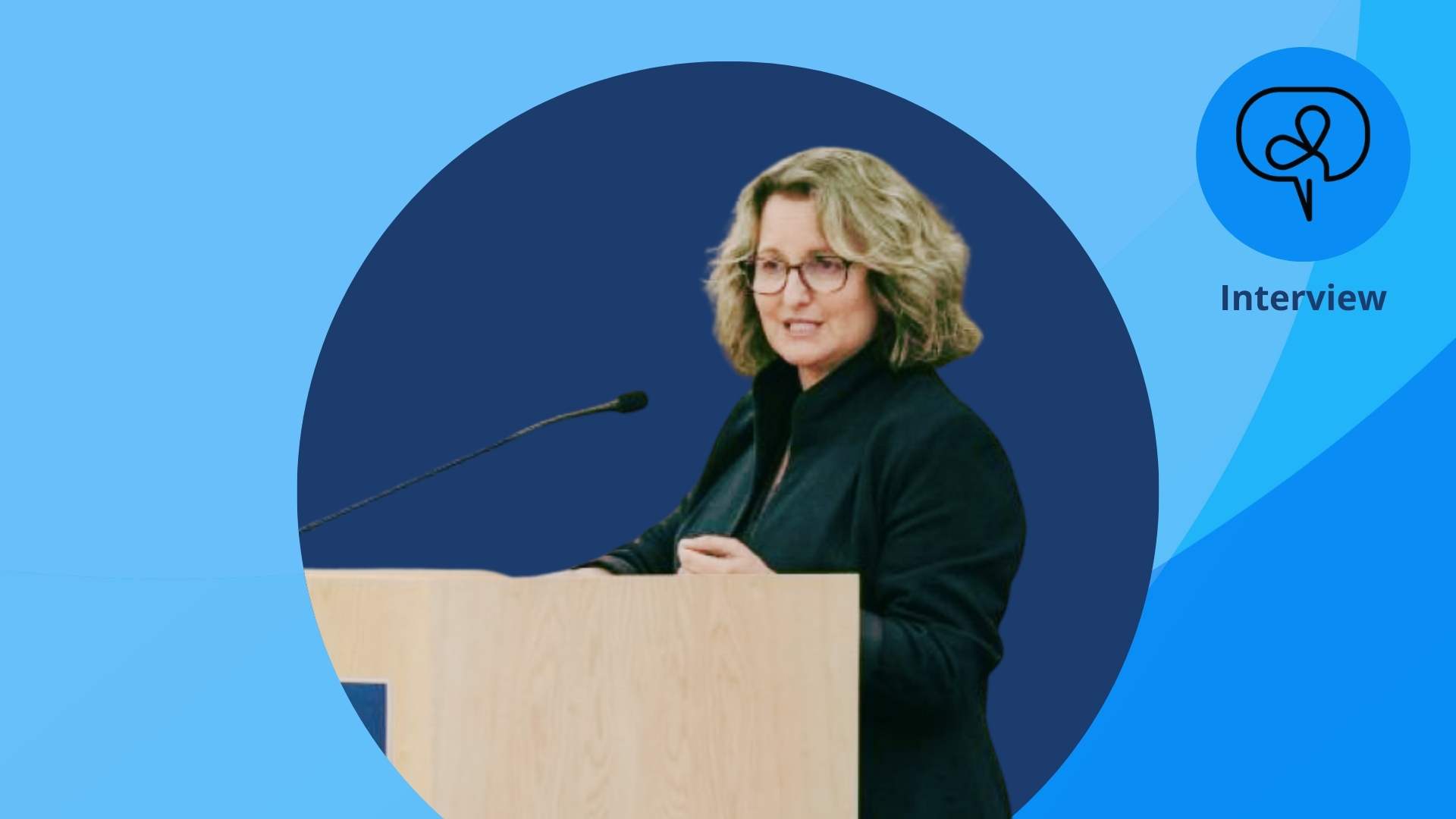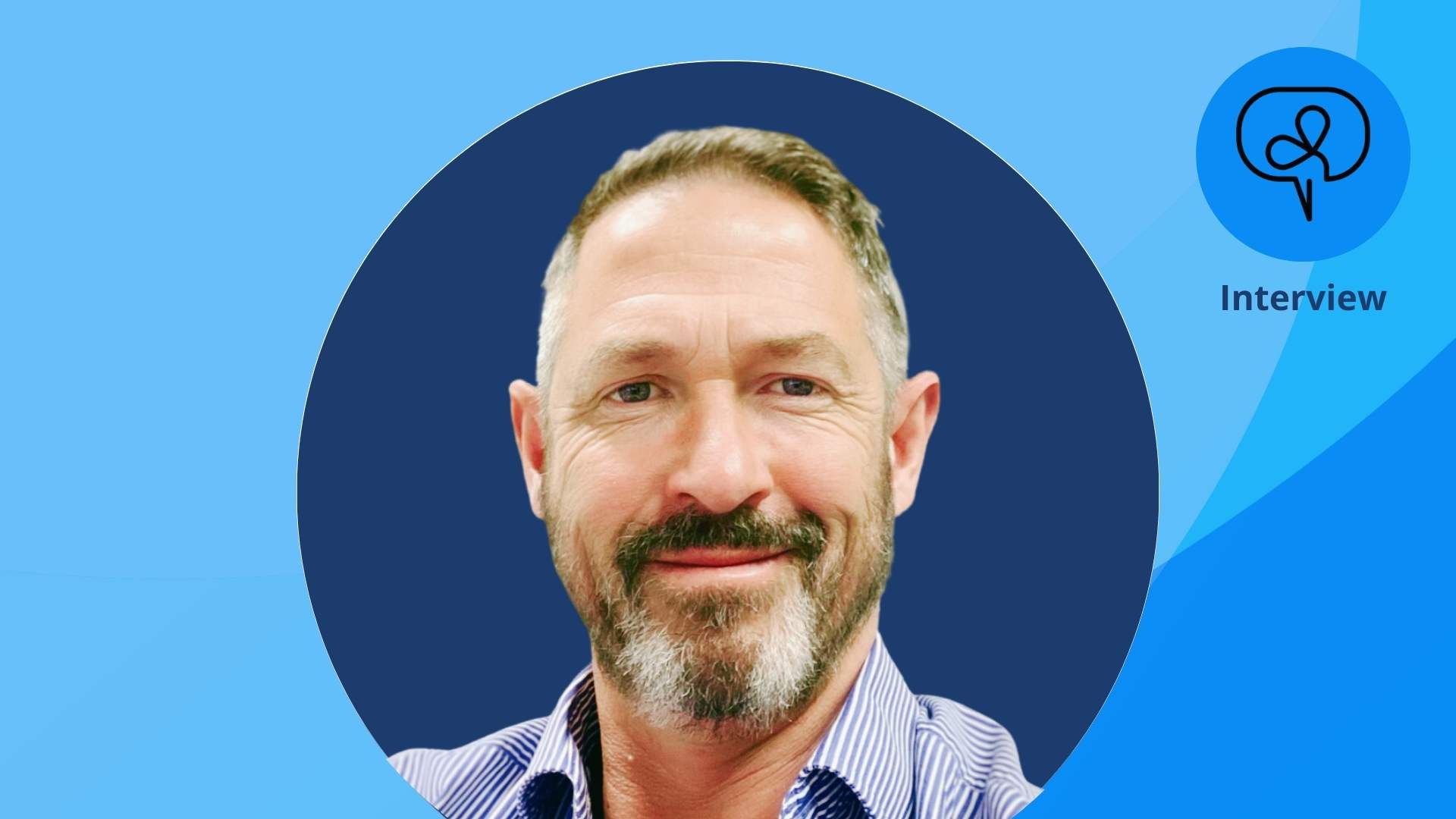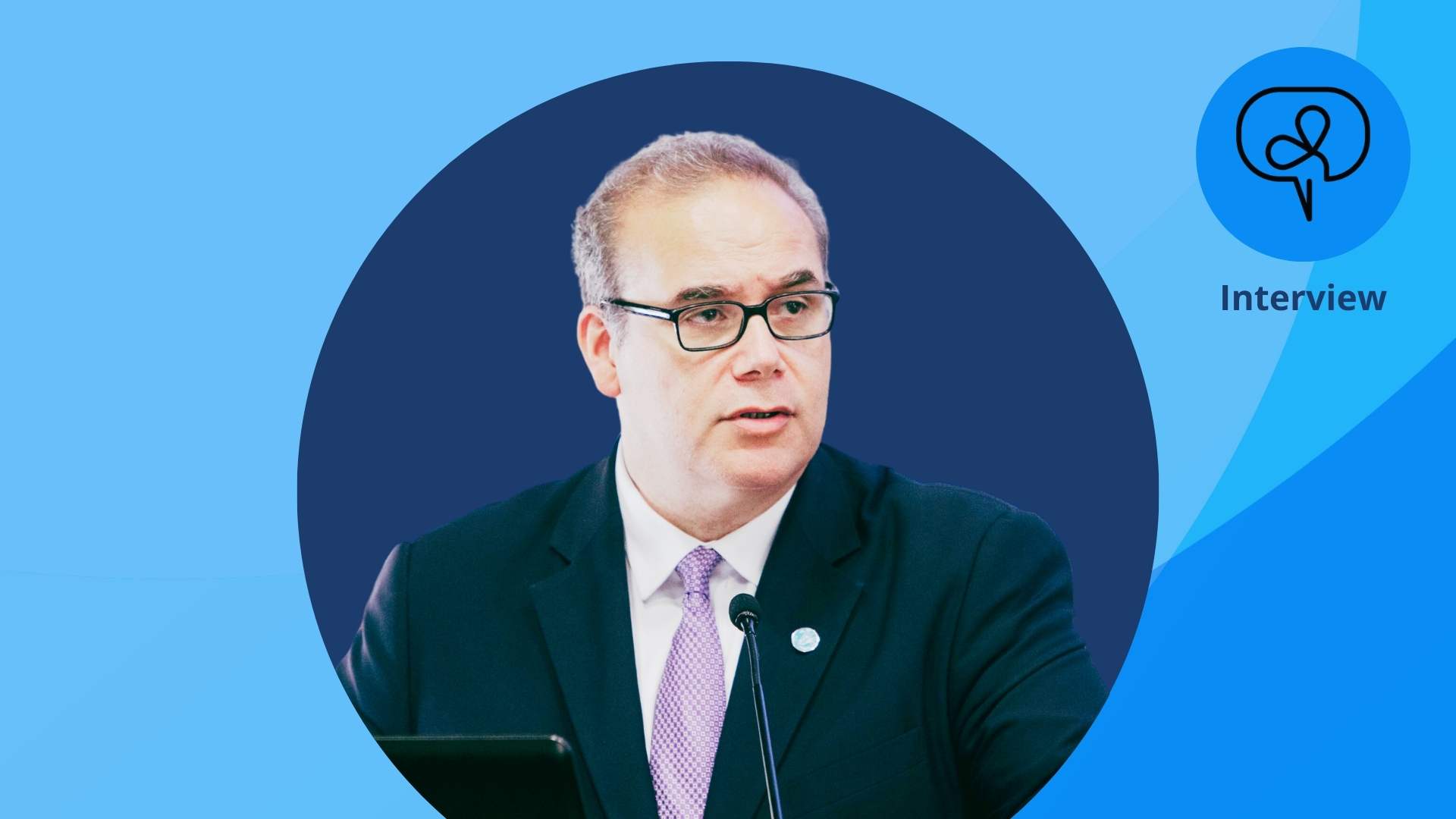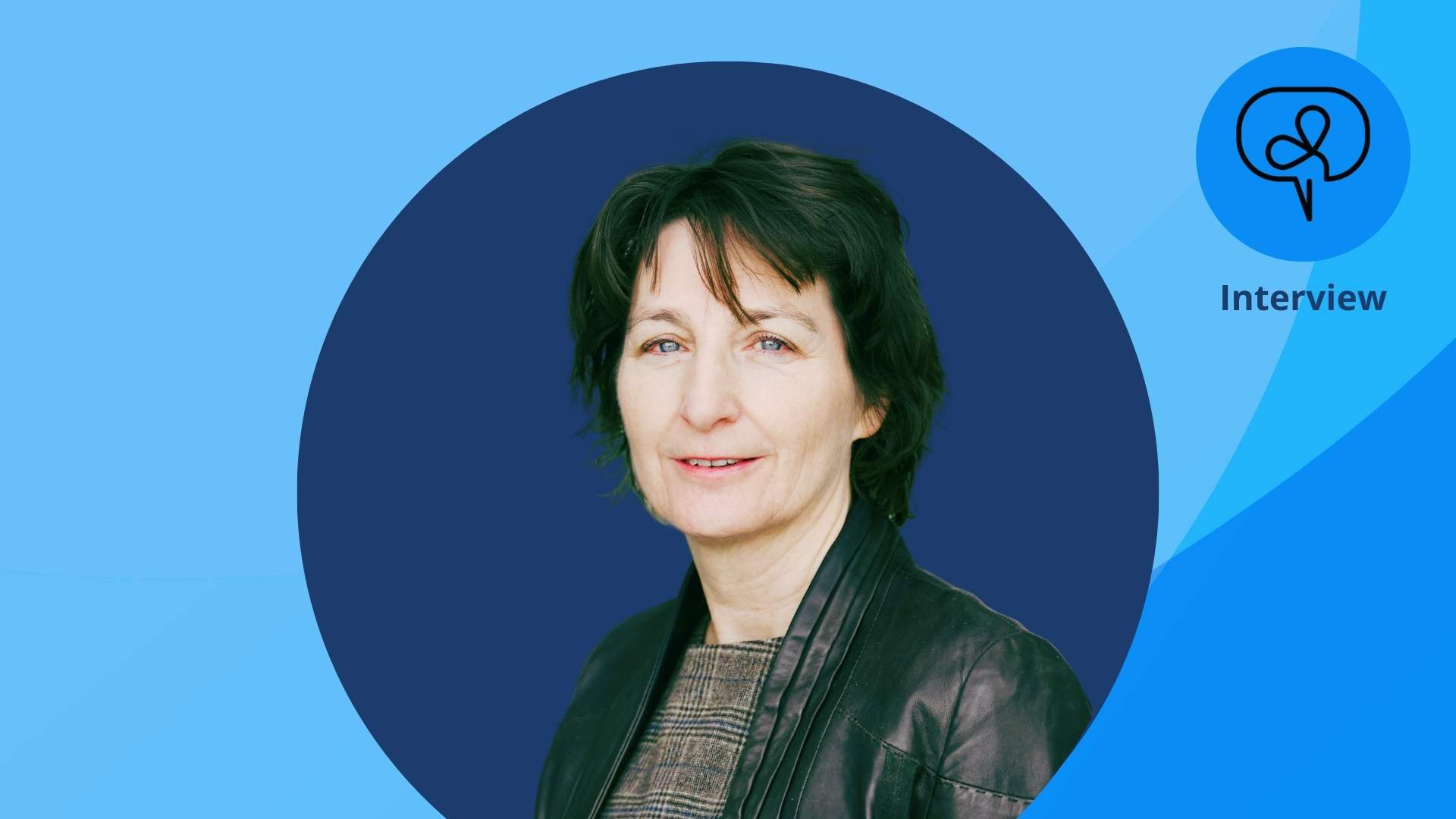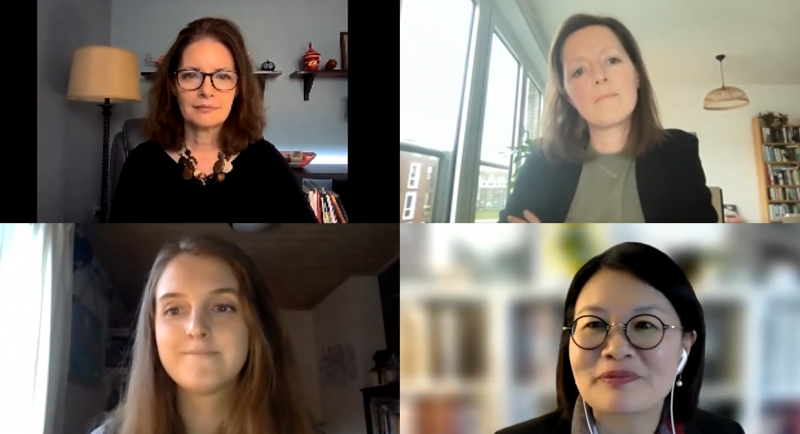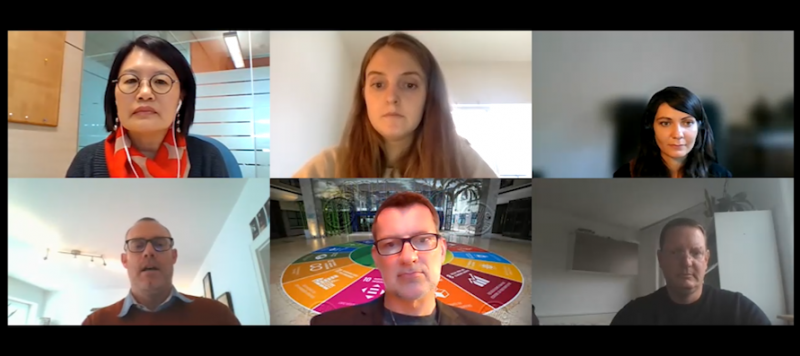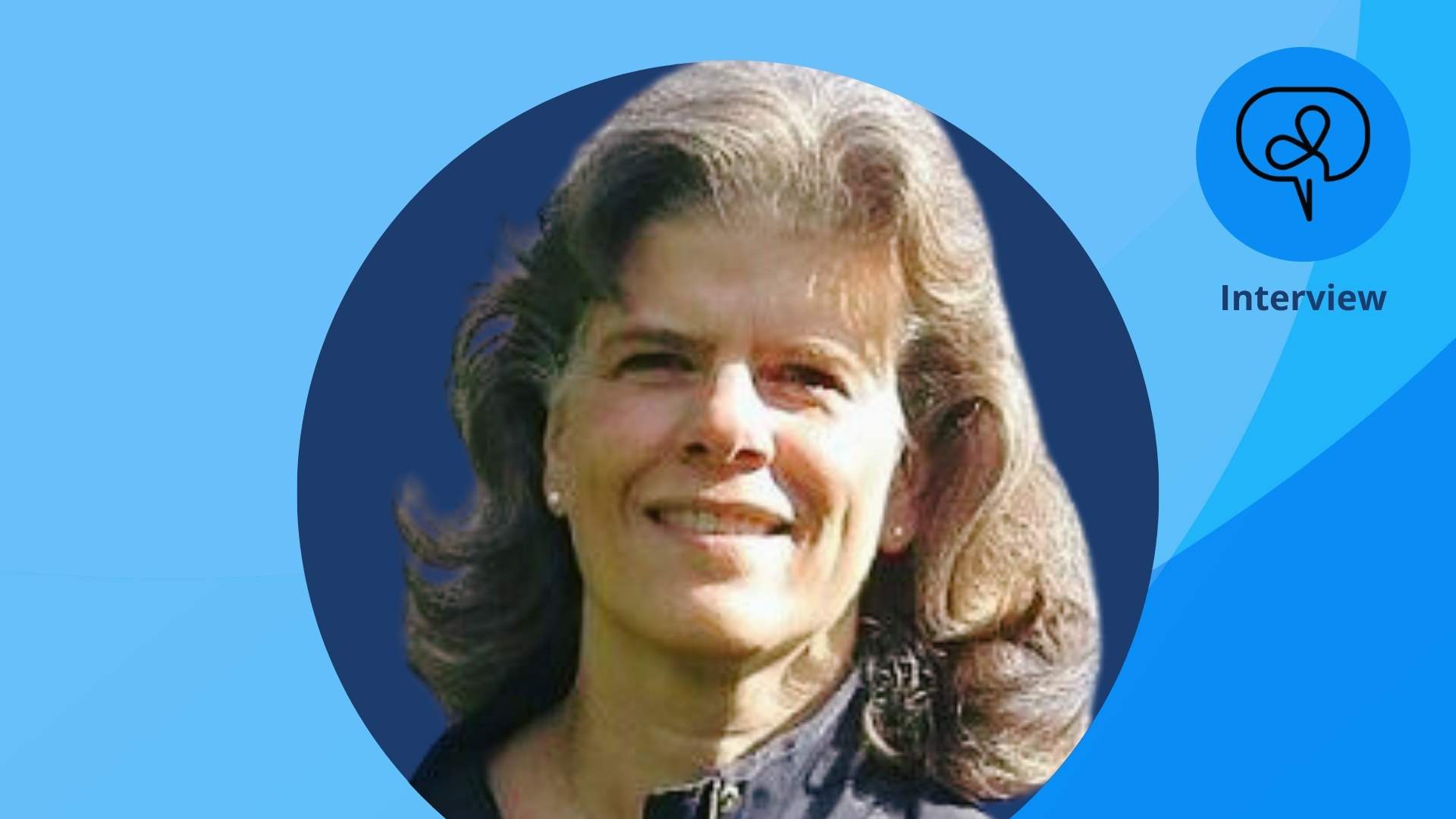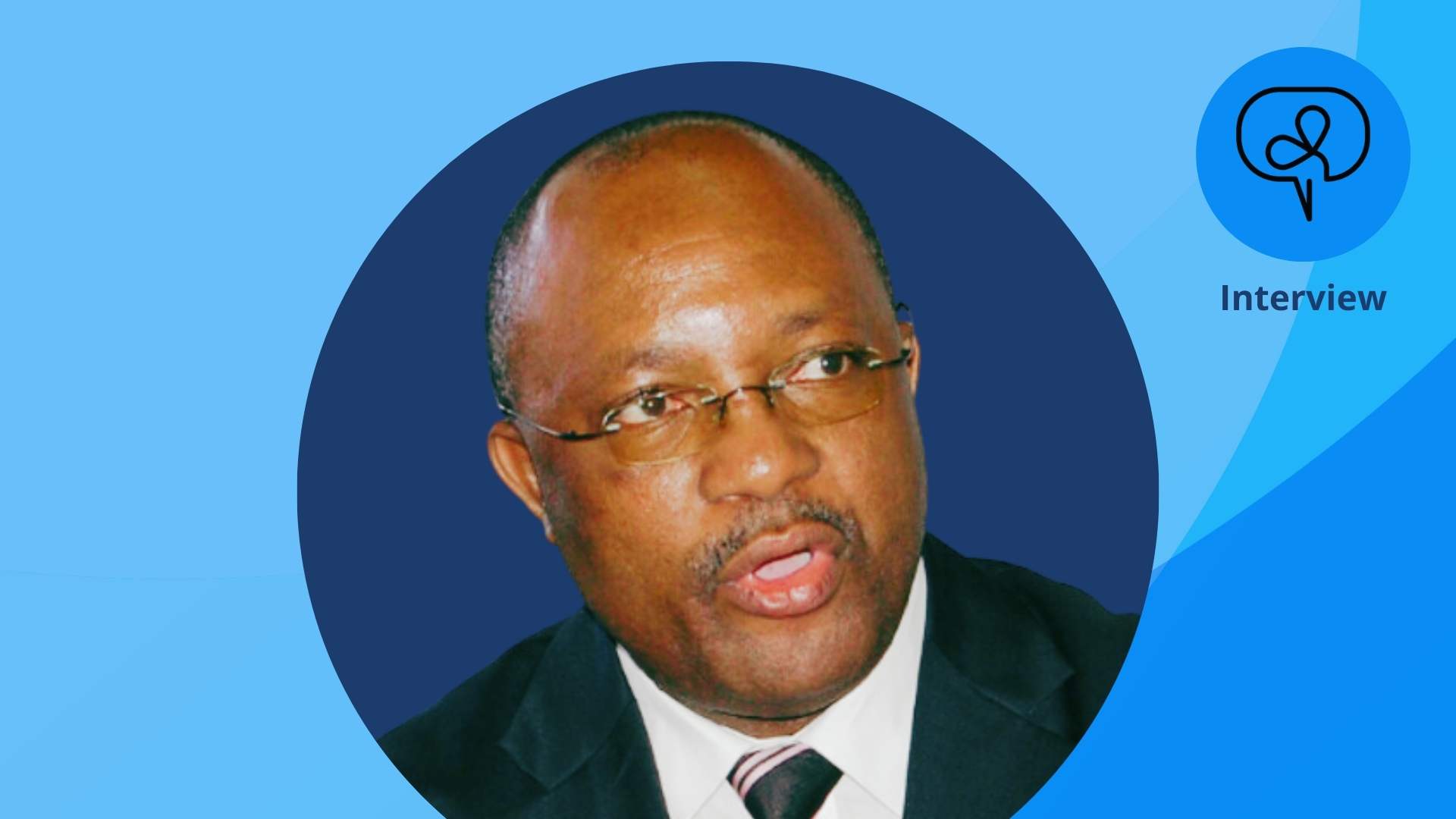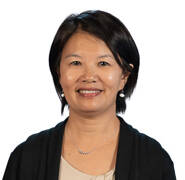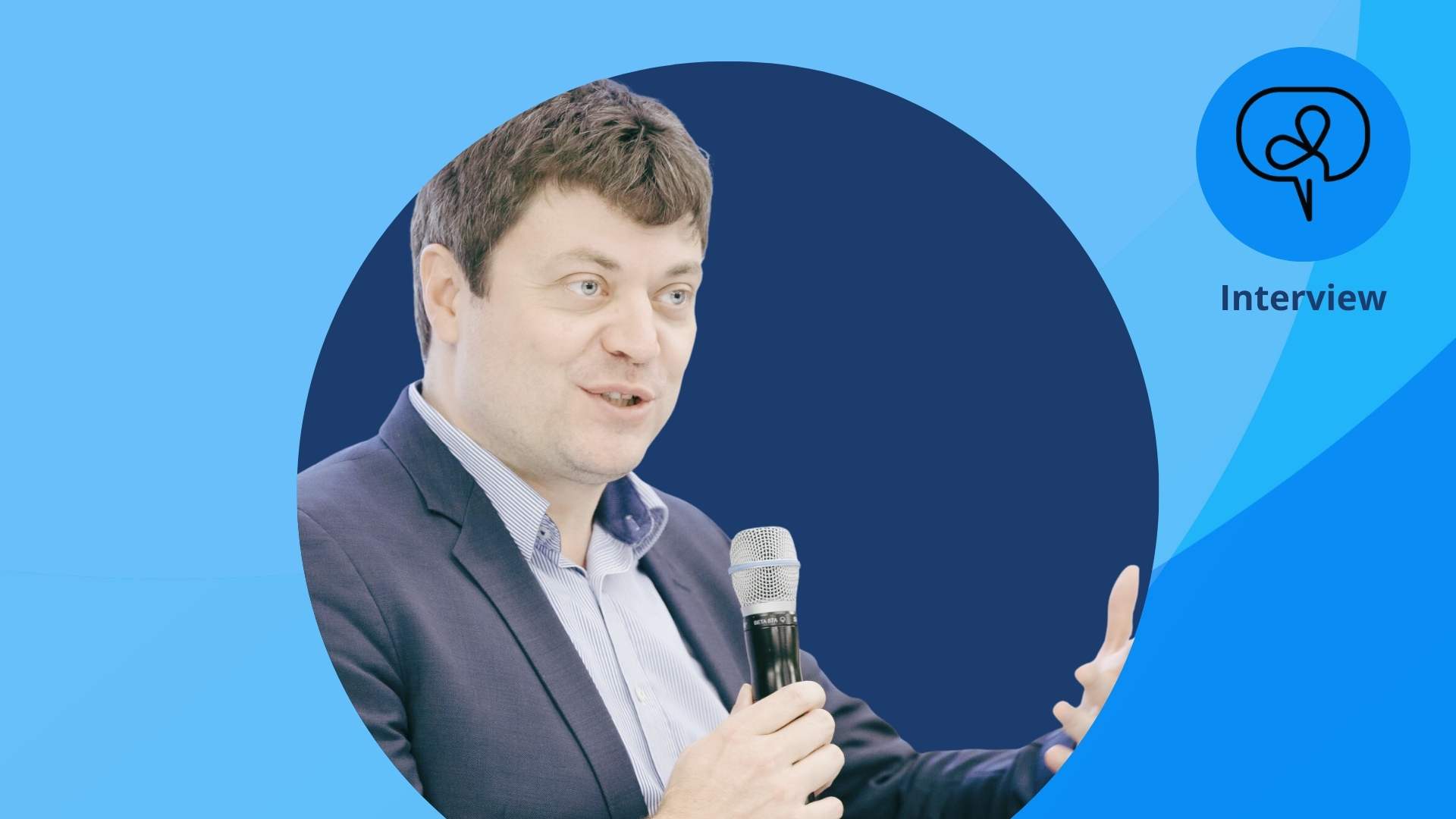
A conversation with Sebastian Lesch/BMZ, GDPRD Board member
What does it take to truly shift the paradigm on food systems? Why are short- and long-term responses important to tackling current and future global crises? Sebastian Lesch, newly appointed Head of Agriculture at BMZ, answers these difficult questions and more, and explains how Germany welcomes all hands on deck for collaborative donor action.
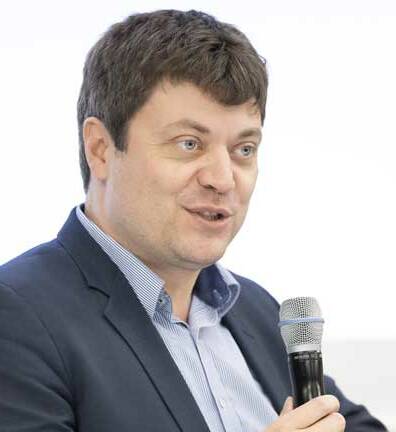
Sebastian Lesch
Head of Division– Sustainable Agricultural Supply Chains, International Agricultural Policy, Agriculture, Rural Development, Innovation, Federal Ministry for Economic Cooperation and Development (BMZ)
Sebastian Lesch is the Head of Division, Sustainable Agricultural Supply Chains, International Agricultural Policy, Agriculture, Rural Development, Innovation, at the Federal Ministry for Economic Cooperation and Development (BMZ). He is also the new Board Member for the Global Donor Platform for Rural Development.
Secretariat: With the COVID pandemic and the war in Ukraine, the development community is increasingly focused on emergencies and short-term assistance. As donors, how do we not lose sight of a longer-term lens? How do we continue work to increase the resilience of rural populations so they can better buffer future crises, and at the same time, make sure emergencies are better dealt with?
Sebastian: We are very much in a food crisis exacerbated by the Russian war on Ukraine, a climate and biodiversity crises, with conflicts in many parts of the world that influence food security and nutrition. In such a context, we have to both continue and accelerate our long-term transformation work on agrifood systems. This is about making people and markets resilient, improving incomes for rural populations, and ecological sustainability.
At the same time, we have to tackle the immediate fallout of the crisis. Of course, these are conflicting targets. You could deal with the immediate crisis but actually make the situation worse in the long-term, exacerbating future crises. We have seen these food systems crises come and go every few years. If anything, they have gotten worse.
It is easier said than done when it comes to making individual choices such as ensuring people don't starve, increasing local production sustainably, and making sure fertiliser is where it's needed so that there will be a next harvest. We also need alternatives to fossil fertilisers in order to break this dependency on imports.
This is very tricky. It needs to be broken down into individual aspects but at the same time, take the right pathways and show how it can be done differently in the future. That doesn't make the job any easier.
Secretariat: What do you think needs to change in how donors look at food systems, in particular considering the financing for development assistance? Everyone says, "we need a paradigm shift", but in your opinion, what does this actually mean and what needs to be done to achieve this?
Sebastian: Food systems are multidimensional and cater to different purposes, such as providing income and food, and conserving biodiversity. They need to both prevent and adapt to climate change. The shift is really from seeing this as a system that produces food to one that is part of the Sustainable Development Goals (SDGs). SDG 2 is not independent from the others and we need that holistic view.
With the UNFCCC COP 27 in Egypt, we are, for the first time, tackling the nexus between food systems, agriculture and climate. At the UNCCD COP in Abidjan, we connected resilience, soils and land to food systems. We need this cross-silo nexus thinking to effect that change.
The complaint has long been we need more agricultural finance but looking at the whole agricultural system, there is plenty of finance including subsidies for various things in agriculture and food systems. Countries, including the European Union and developing countries that provide these subsidies, need to create pathways to set incentives within agricultural food systems, to improve sustainability and create that nexus thinking.
The food system not only contributes to but is also a victim of climate change. We need to move away from that perspective and ensure agricultural food systems contribute to the adaptation and mitigation of climate change.
Sebastian Lesch | Federal Ministry for Economic Cooperation and Development (BMZ), GDPRD Board Member. This video is a recording of the interview, conducted by the Secretariat of the Global Donor Platform for Rural Development in November 2022.
The paradigm shift is really from seeing food systems as a system that produces food to one that is part of the Sustainable Development Goals. SDG 2 is not independent from the others and we need that holistic view.
Secretariat: Germany held the G7 presidency in 2022 and spearheaded the Global Alliance for Food Security (GAFS) initiative. Other donors and organizations have launched similar programmes. How do we ensure we coordinate and expedite our actions around the various crisis response initiatives and work collectively within the donor community?
Sebastian: When the Russian war in Ukraine hit, everybody looked towards Berlin for G7 reaction in terms of food security. This triggered us to come up with GAFS, which is not an institution nor a mechanism. The idea was to create a platform to make sure everybody is on board and that we have an agile response.
This crisis is only starting, and we are still preparing for the worst. I am glad so many partners have stepped up with initiatives to complement this, such as the US, Italy, France.
I am glad the Rome institutions have stepped up and am especially thankful to do this jointly with the World Bank. This was a tremendous help and the World Bank is a great partner in GAFS with their convening and financial power. The Dashboard we launched is a good example of a first step in achievement.
But I want to stress this very clearly - this is not a competition. It is great that many initiatives are there and I think we are achieving a good degree of complementarity.
Secretariat: How do you envision our continued good work together in the Donor Platform? What will keep the momentum going and keep the Platform useful to members over the coming months and years?
Sebastian: This is a great platform with the contacts and unique holistic format. The Platform is not where agriculture people talk to each other but a place about rural resilience, climate change mitigation and adaptation, natural resources, biodiversity, income and jobs in rural places, and digitalization. It is valuable to talk about these issues in an environment that is open, inclusive, but also protected and with space for discussion without decision. I am glad we have the Platform to do just that.
Secretariat: As we near the end of 2022, what gives you hope for the new year?
Sebastian: From a European perspective, war has returned and people are afraid of things beyond their imagination only a short while ago. This is a terrible crisis for many people and one that occurs terrible losses. But crisis brings opportunity and a sense of need not only for change but an accelerated change to overcome systemic obstacles in transforming the food system. If we can harness that speed and momentum, then there is some good in this situation after all.
I have seen so many people step up this year, come to the table, and act and say we need to overcome those silos. This gives me courage that we are not lost and can make a difference this year and next.
This interview also featured on the ONEWORLD no hunger website.

